Event planning can be a daunting task, whether you’re a seasoned professional or a first-time organizer. There are countless details to consider and coordinate, and even the smallest oversight can have major consequences for the success of the event. One of the most powerful tools at an event planner’s disposal is an event planning template.
This document provides a clear and detailed roadmap for every stage of the planning process, helping to ensure that nothing falls through the cracks and that the event runs smoothly from start to finish. Whether you’re planning a small corporate event or a large-scale celebration, an event planning template is an essential tool for any event manager.
Table of Contents
Event Planning Templates
Event Planning Templates are comprehensive tools used to organize and manage various aspects of event planning. These templates provide a structured framework for event planners, coordinators, or individuals to create, track, and execute successful events. They cover a wide range of event types, including conferences, weddings, parties, corporate events, and more. Event Planning Templates assist in streamlining the planning process, ensuring essential details are accounted for, and facilitating effective communication and coordination among stakeholders.
Event Planning Templates serve as valuable resources for organizing and executing successful events. By utilizing these templates, event planners can streamline the planning process, improve communication and coordination, and ensure all necessary aspects are covered. Whether used by professional event planners, individuals organizing personal events, or corporate teams managing large-scale conferences, Event Planning Templates provide a consistent and systematic approach to event management, resulting in memorable and impactful experiences for attendees.
Who uses event planners?

An event planning template is a useful tool for anyone who is responsible for planning and organizing an event. This includes both professional event planners and non-professional event managers alike. The template can be used to plan events of all sizes and types, whether it’s a small corporate event, a large-scale celebration, a conference, a wedding, or any other type of event.
Event planning templates are also beneficial for those who are new to event planning and want to ensure they don’t miss any important steps or details. It can provide a clear and easy-to-follow structure, allowing them to focus on other aspects of the event such as budgeting, marketing and delegate management.
Additionally, event planning templates can also be used by individuals, who are planning their own events like birthday parties, anniversary parties, and more. These templates will help them to organize their thoughts and keep track of all the different elements that need to be considered when planning an event.
In summary, an event planning template is a useful tool for anyone who is responsible for planning and organizing an event, whether it’s a professional event planner, a non-professional event manager, or an individual planning their own event.
Exploring the Benefits of Using an Event Planning Checklist for all Parties Involved
There are several other groups of people who can benefit from using an event planning checklist. Here are a few examples:
Venue managers or owners: Venue managers or owners can use an event planning checklist to ensure that all necessary preparations are made for an event, such as setting up tables and chairs, arranging for catering, and ensuring that the space is properly cleaned and maintained.
Vendors: Event vendors such as caterers, florists, and audio-visual companies can use an event planning checklist to ensure that they have everything they need to provide their services, and that they are on schedule to deliver them.
Attendees: Attendees can also benefit from an event planning checklist, as it can help them to prepare for the event, such as by planning what to wear, making travel arrangements, or preparing materials they need to bring.
Volunteers: Volunteers can use a checklist to ensure that they have all the information they need to fulfill their role at the event and to stay on top of their task.
Public relation, marketing and communication teams: They can use a checklist to make sure that all the promotional and marketing efforts are aligned with the event planning and to ensure that the message is consistent across different channels.
Sponsors: Sponsors can use an event planning checklist to ensure that they are getting maximum exposure and value from their sponsorship, and that all of their requirements are being met.
Event speakers and performers: Event speakers and performers can use an event planning checklist to ensure that they have all the information they need to prepare for their presentation, such as the schedule, equipment needs, and audience demographics.
Government agencies and regulatory bodies: Government agencies and regulatory bodies can use an event planning checklist to ensure that all necessary permits and approvals are obtained and that the event is in compliance with any relevant laws and regulations.
Insurance companies: Insurance companies can use an event planning checklist to ensure that the event organizers have taken all necessary precautions to minimize risk and that the event is covered by the appropriate insurance policies.
Emergency services: Emergency services such as police, fire department, and paramedics can use an event planning checklist to ensure that they are prepared to respond to any emergency situations that may arise during the event.
Essential Elements of the event planning template
There are several key parts or stages of the event planning process. These include:
Concept and planning: This is the initial stage where the event concept is developed, goals and objectives are established, and a general plan is created.
Budgeting: In this stage, a budget is created and all costs associated with the event are estimated and allocated.
Venue selection: This stage involves researching and selecting an appropriate venue for the event, taking into consideration factors such as location, capacity, amenities, and cost.
Marketing and promotion: This stage involves developing and implementing a marketing plan to promote the event and attract attendees.
Coordination and logistics: This stage involves coordinating all the different elements of the event, such as vendors, equipment, and transportation.
Execution: This stage involves implementing the plan and executing the event.
Evaluation: After the event, an evaluation is conducted to assess the success of the event and identify areas for improvement.
How to Utilize an Event Planning Template
An event planning template can be used to organize and streamline the planning process for an event. To utilize the template, follow these steps:
- Review the template to familiarize yourself with its layout and the types of information it includes.
- Begin filling in the template with the relevant information for your event, such as the date, time, location, and guest list.
- Use the template to plan and organize different aspects of the event, such as the budget, vendor contact information, and schedule.
- Continuously update the template as you make decisions and finalize details for the event.
- Use the template as a reference throughout the planning process to ensure that all tasks are completed and that nothing is overlooked.
- Share the template with other members of the planning team, if any, and make sure that everyone is on the same page.
- Use the template as a checklist to ensure that everything is done and ready before the day of the event.
FAQs
What is event planning?
Event planning is the process of organizing and coordinating all aspects of an event, such as a conference, trade show, wedding, or party. This includes tasks such as selecting a venue, arranging for catering and other vendors, creating a budget, and developing a schedule.
How do I choose a venue for an event?
When choosing a venue for an event, consider factors such as the size and layout of the space, the location, and the cost. You should also consider the theme and style of the event and whether the venue is able to accommodate your needs in terms of seating, lighting, and audio-visual equipment. It’s also important to consider the capacity of the venue and if it’s able to handle the expected number of attendees.
Q: How do I create a budget for an event?
A: To create a budget for an event, first identify all of the expenses you will incur, such as the cost of the venue, catering, decorations, and entertainment. Then, estimate the revenue you expect to generate, such as ticket sales or sponsorships. Use this information to create a budget that outlines all of the costs and revenue for the event, and make sure to include a contingency fund for unexpected expenses.
How can I promote my event?
There are many ways to promote an event, including social media, email marketing, print ads, and word of mouth. You can also reach out to local media outlets to see if they would be interested in covering the event. Additionally, you can create an event website and use it to promote the event and provide information about registration, location, and schedule.
How do I plan for food and beverages at an event?
Planning for food and beverages at an event involves several steps. First, consider the type of event and the number of attendees. Based on this, you can decide whether to have a full meal, a buffet, or just light refreshments. Next, research and select a caterer that can provide the food and beverages that you need within your budget. Finally, coordinate with the caterer to ensure that the food and beverages will be delivered and set up on time, and that there are enough staff to serve the guests.
How do I handle registration and ticketing for an event?
There are several ways to handle registration and ticketing for an event, such as using a ticketing platform, creating a registration form on your website, or using an event management software. Make sure to choose a method that is easy for attendees to use and that can handle the number of attendees you expect. Also, consider offering different ticket types, such as early bird or VIP, to generate more revenue.
What should I consider when planning for contingencies at an event?
When planning for contingencies at an event, consider potential issues that could arise and how you would handle them. This may include things like inclement weather, equipment failure, or a speaker cancelling. Make sure to have a plan in place for each potential contingency, and communicate this plan to all relevant parties. Additionally, make sure to have emergency contact information readily available, and have a designated person responsible for handling emergencies on the day of the event.
How do I evaluate the success of an event?
To evaluate the success of an event, consider both quantitative and qualitative metrics. Quantitative metrics include things like attendance, revenue generated, and feedback from attendees. Qualitative metrics include things like the overall experience of the attendees, the level of engagement, and the success of achieving the event’s goals. Collect feedback from attendees through surveys or interviews, and use this information to make improvements for future events.
What are the steps in event planning?
The steps in event planning typically include:
- Defining the event’s purpose and goals
- Researching venues and vendors
- Creating a budget and timeline
- Coordinating logistics, such as transportation and accommodation
- Planning for food and beverages
- Coordinating decorations and entertainment
- Managing registration and ticketing
- Planning for contingencies
- Handling on-site coordination
- Evaluating the event’s success



























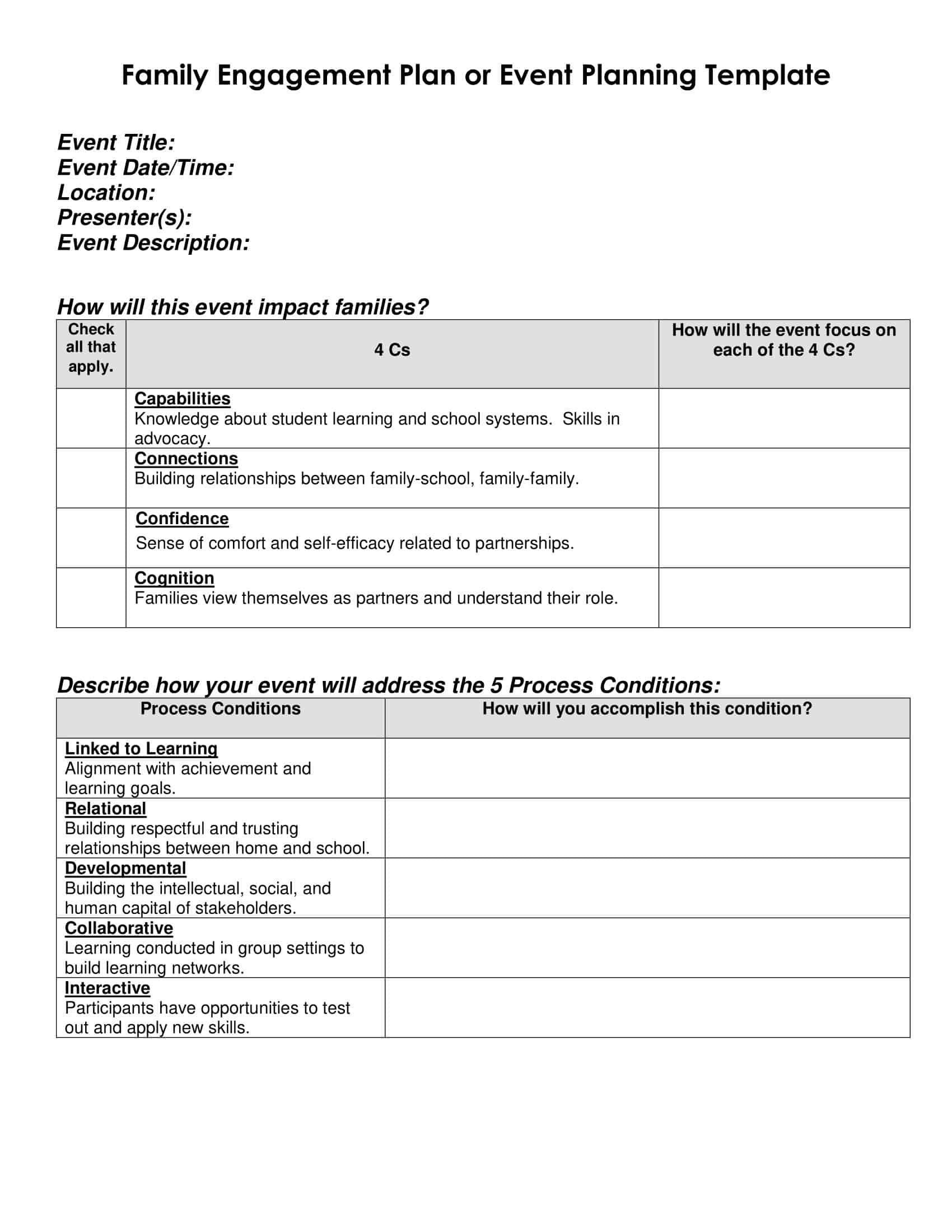
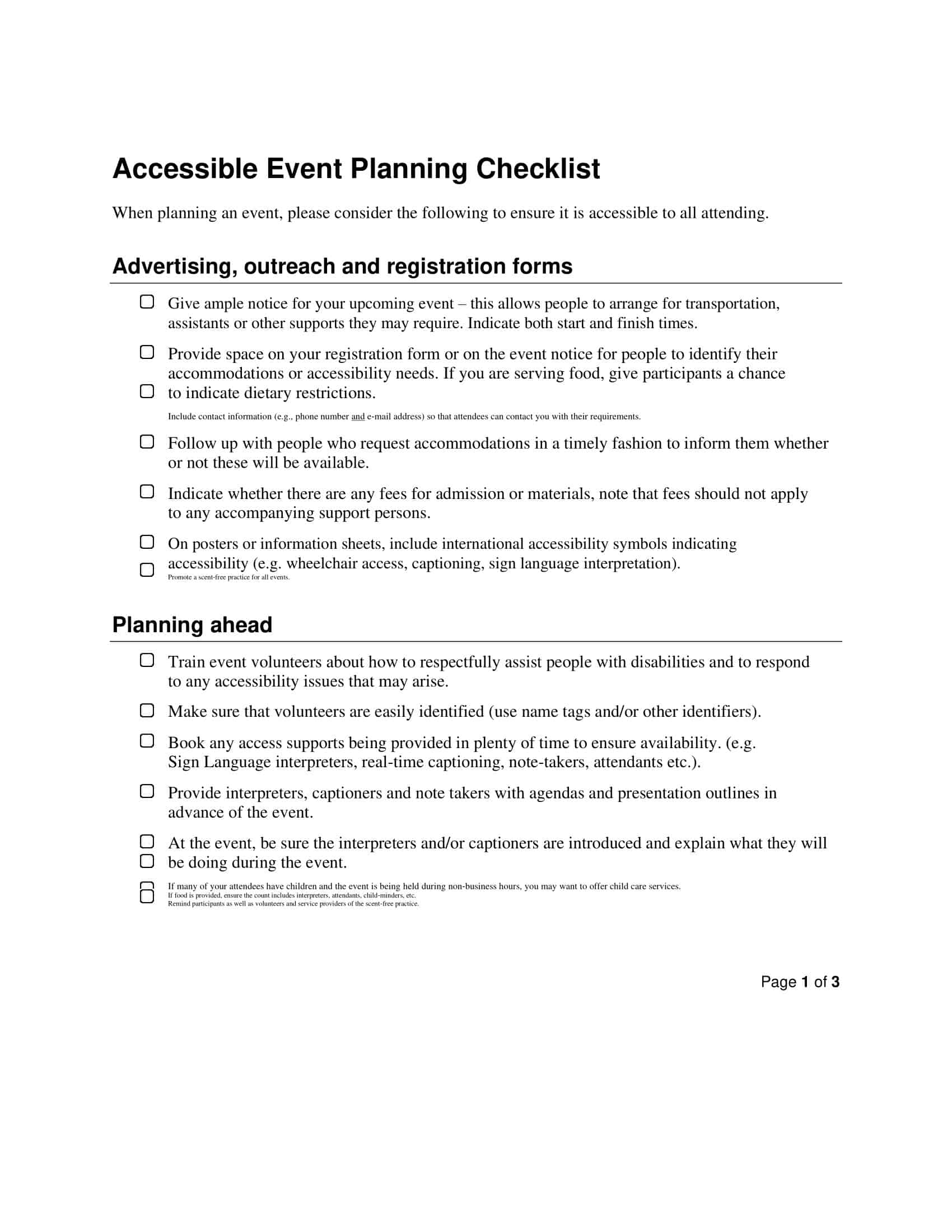

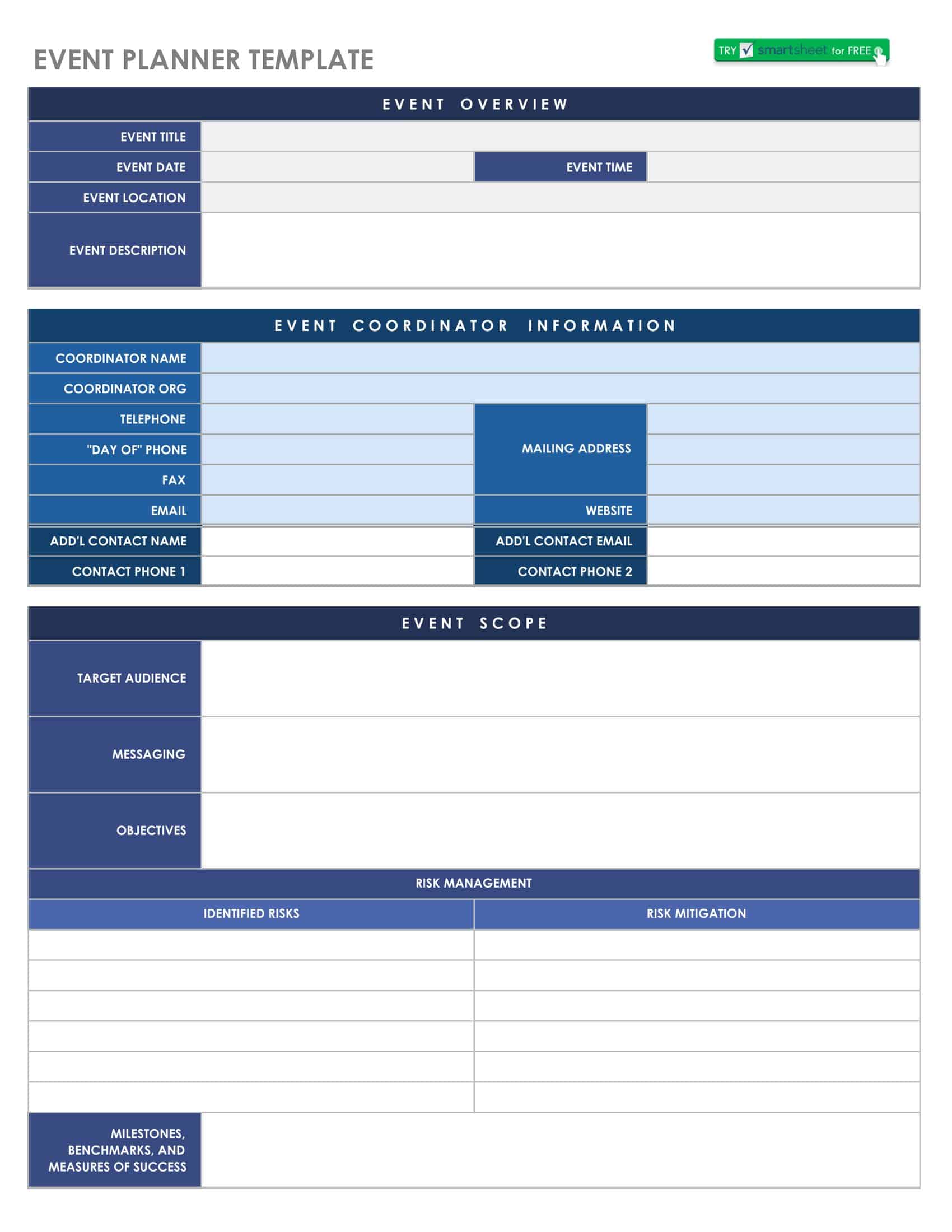
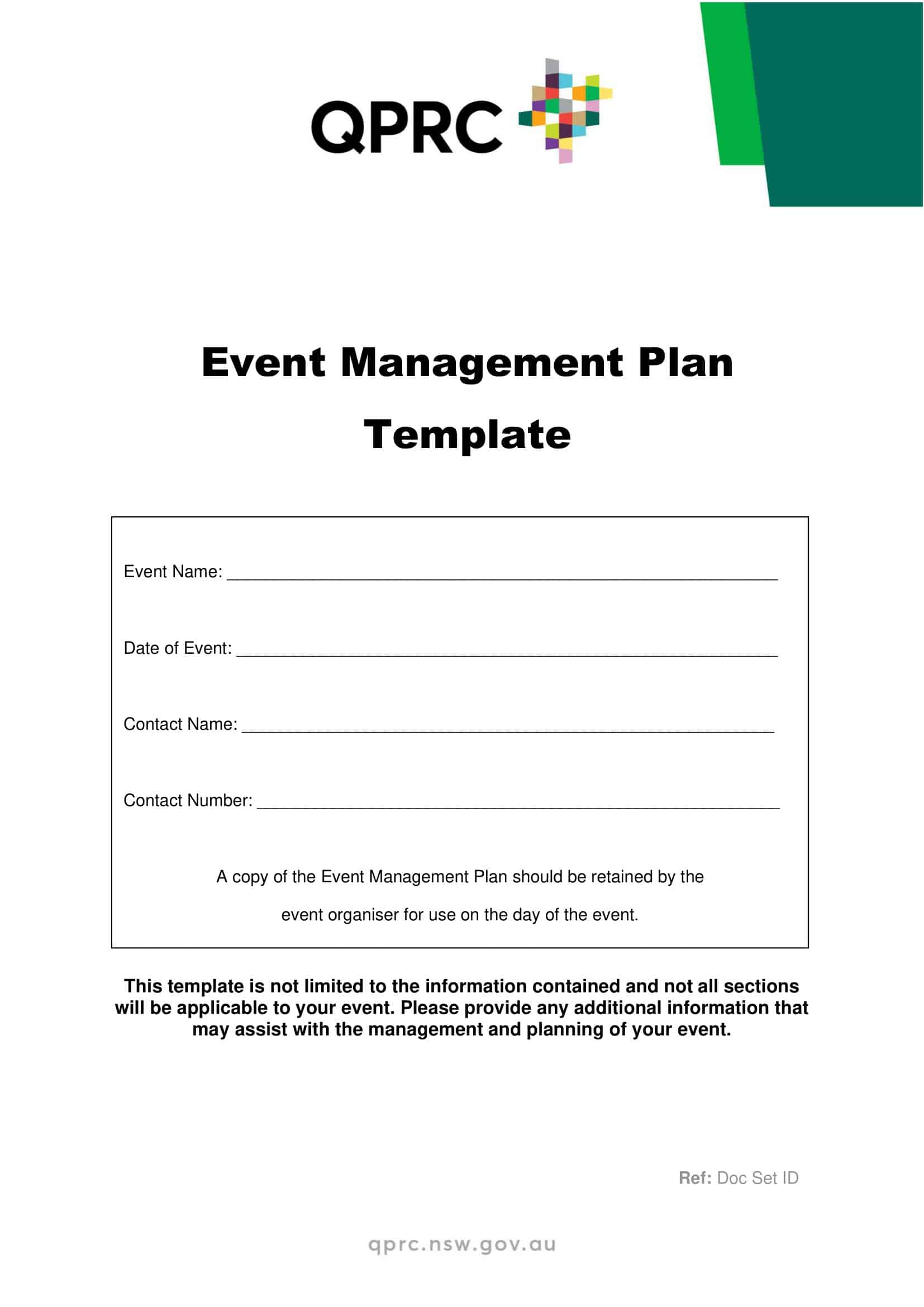
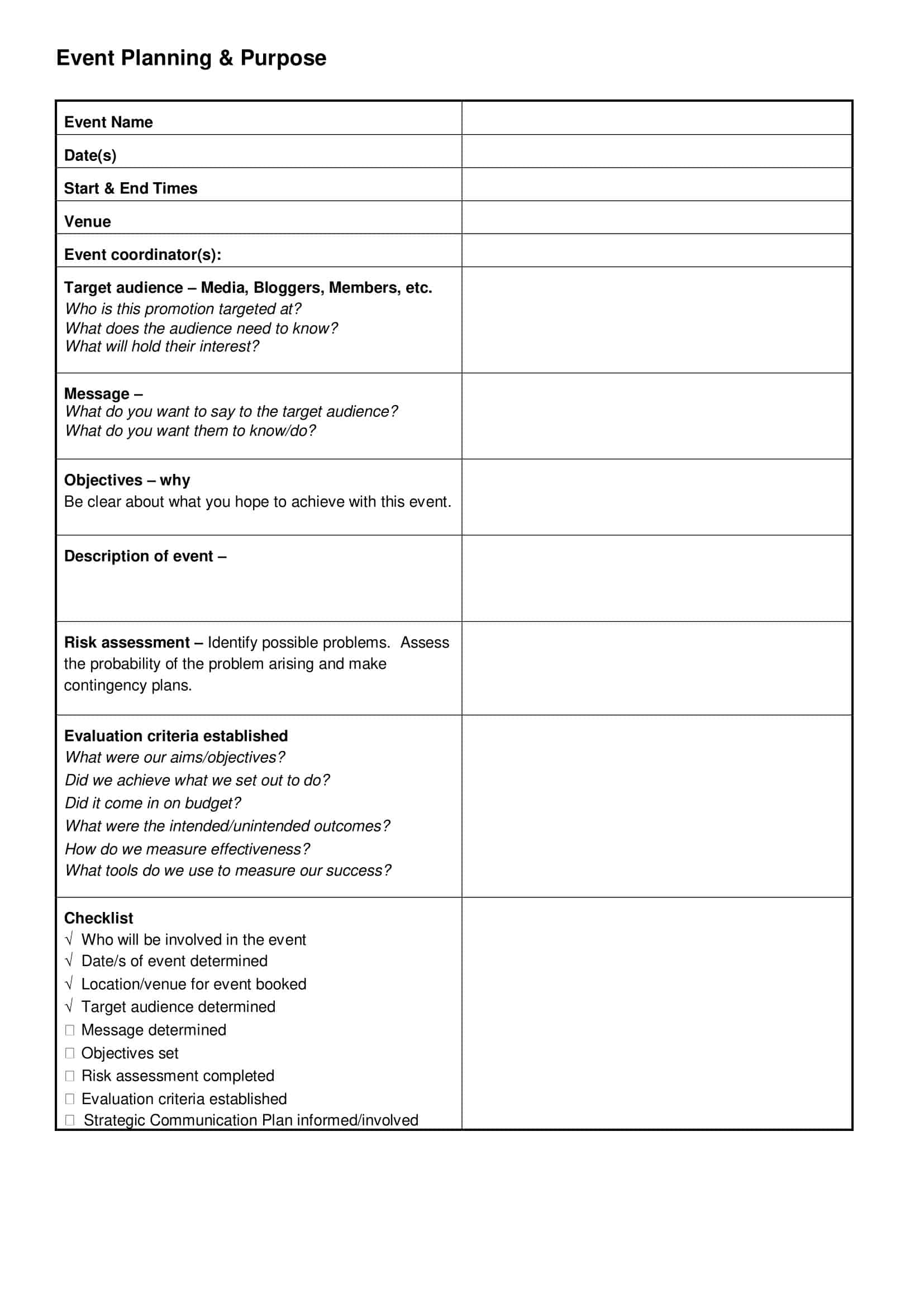
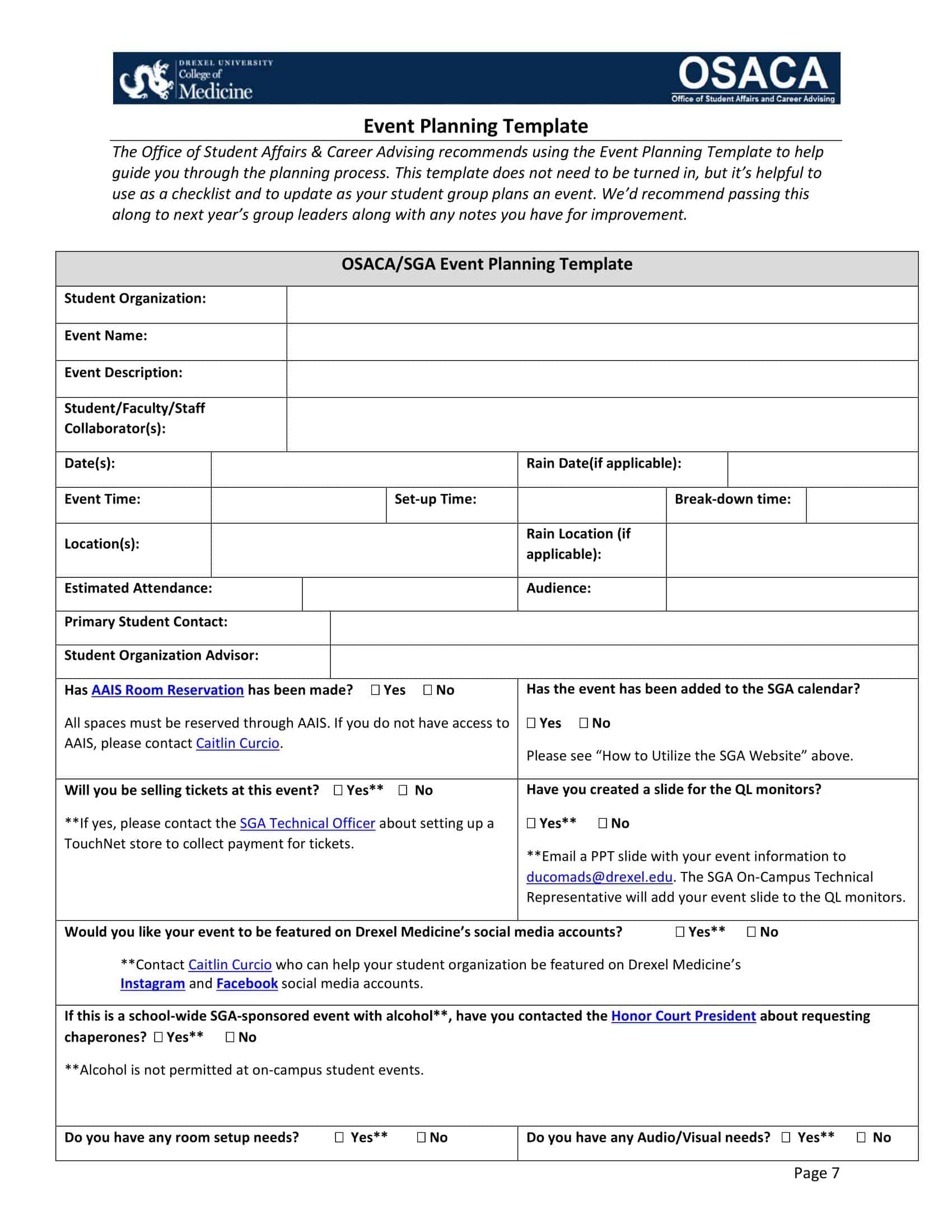
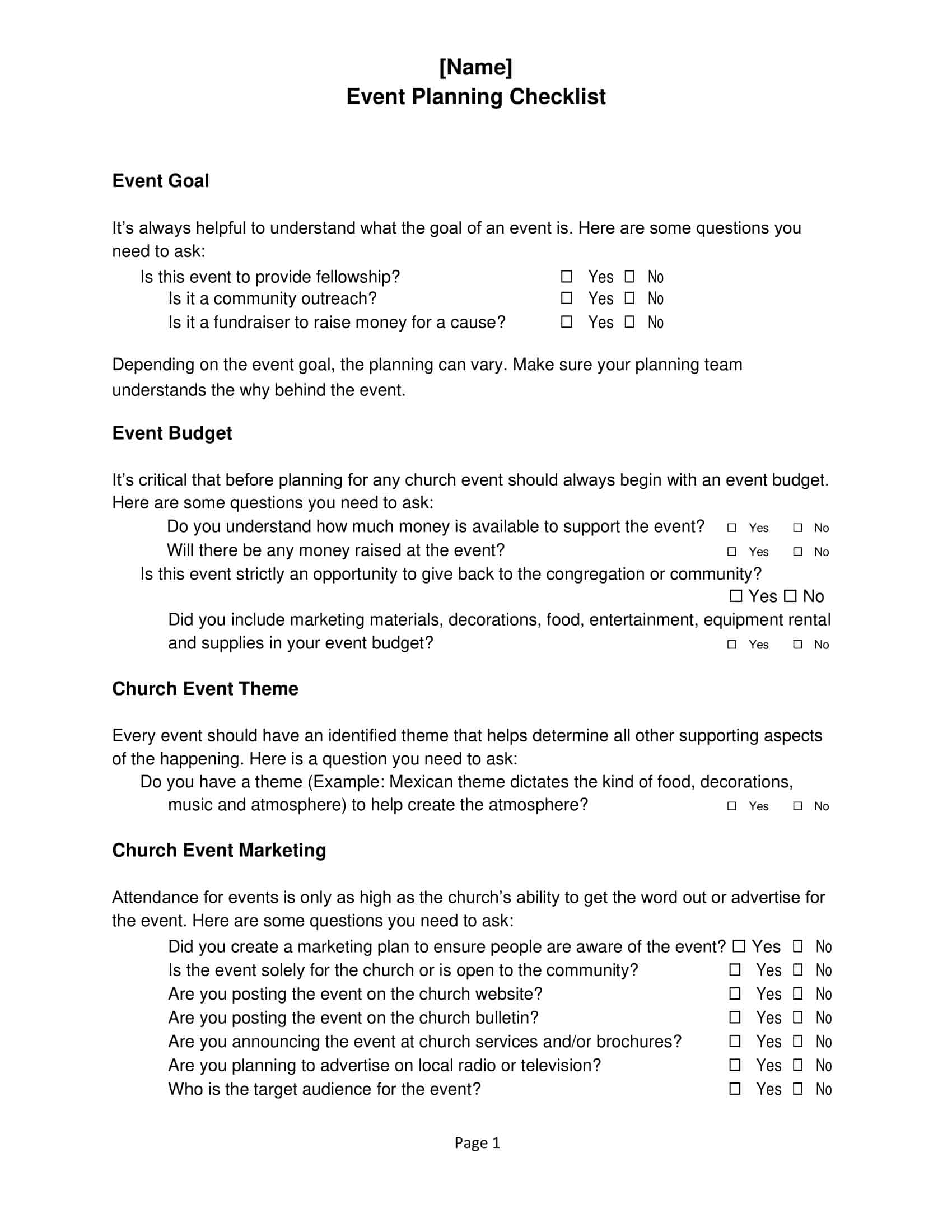
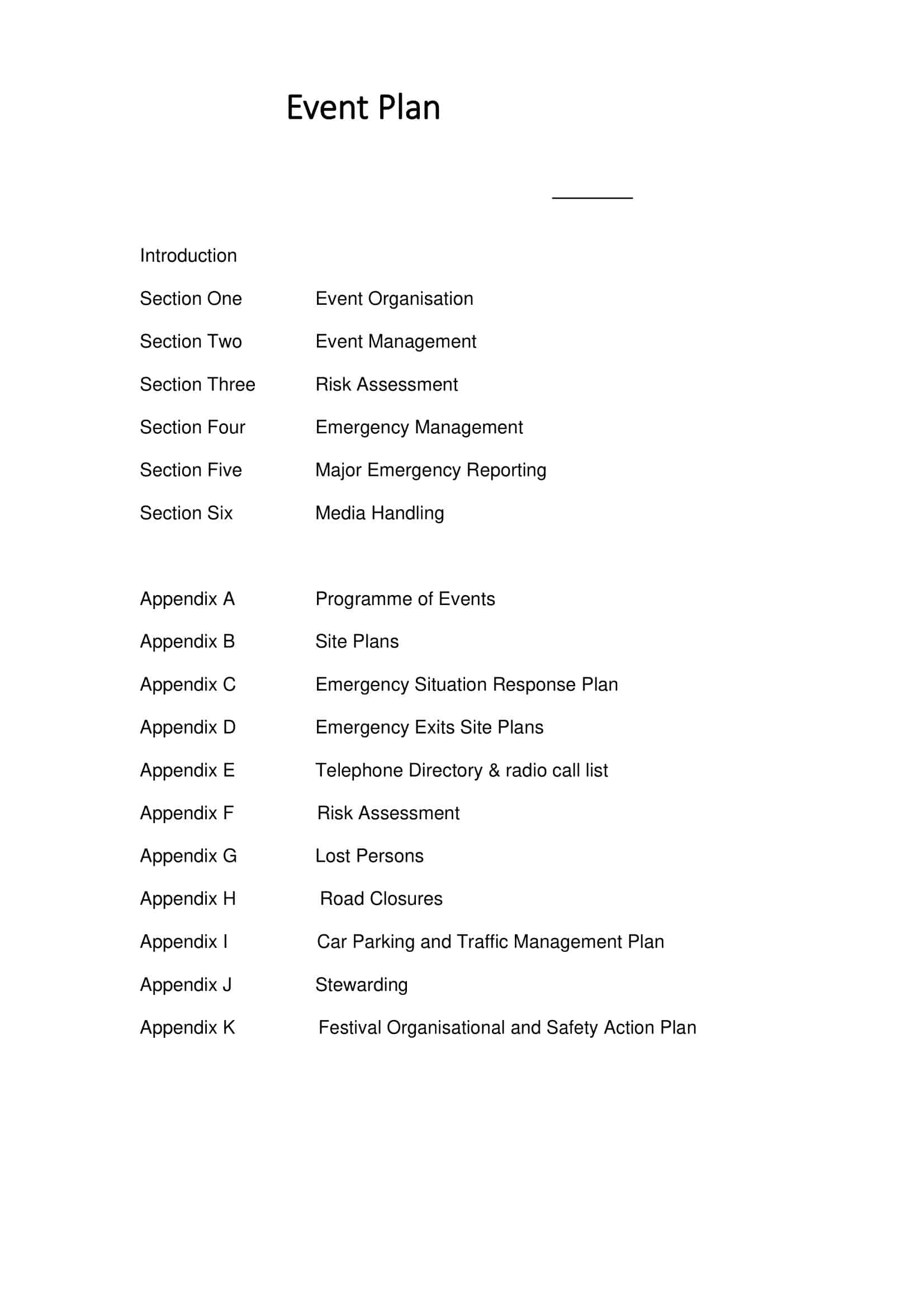
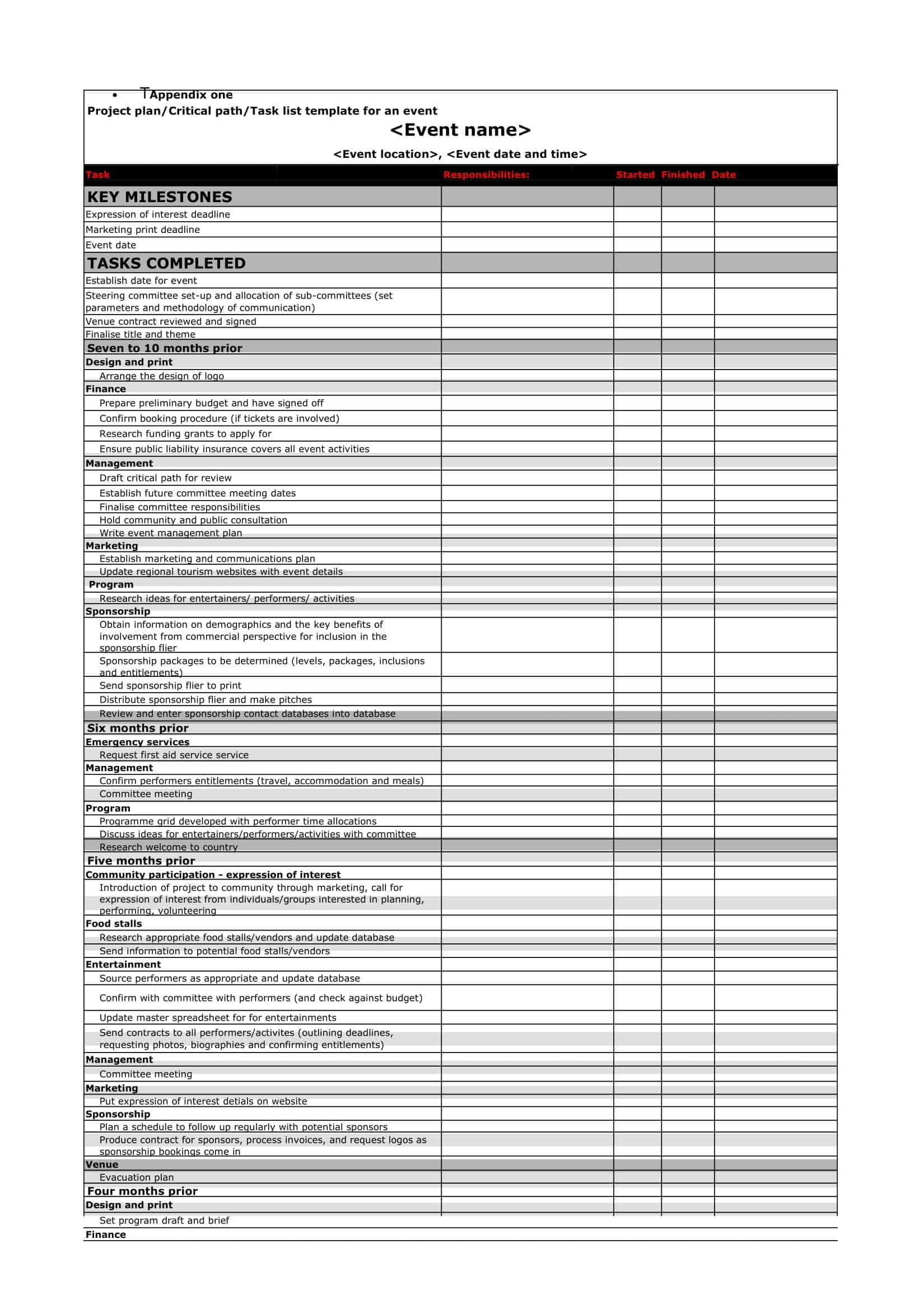
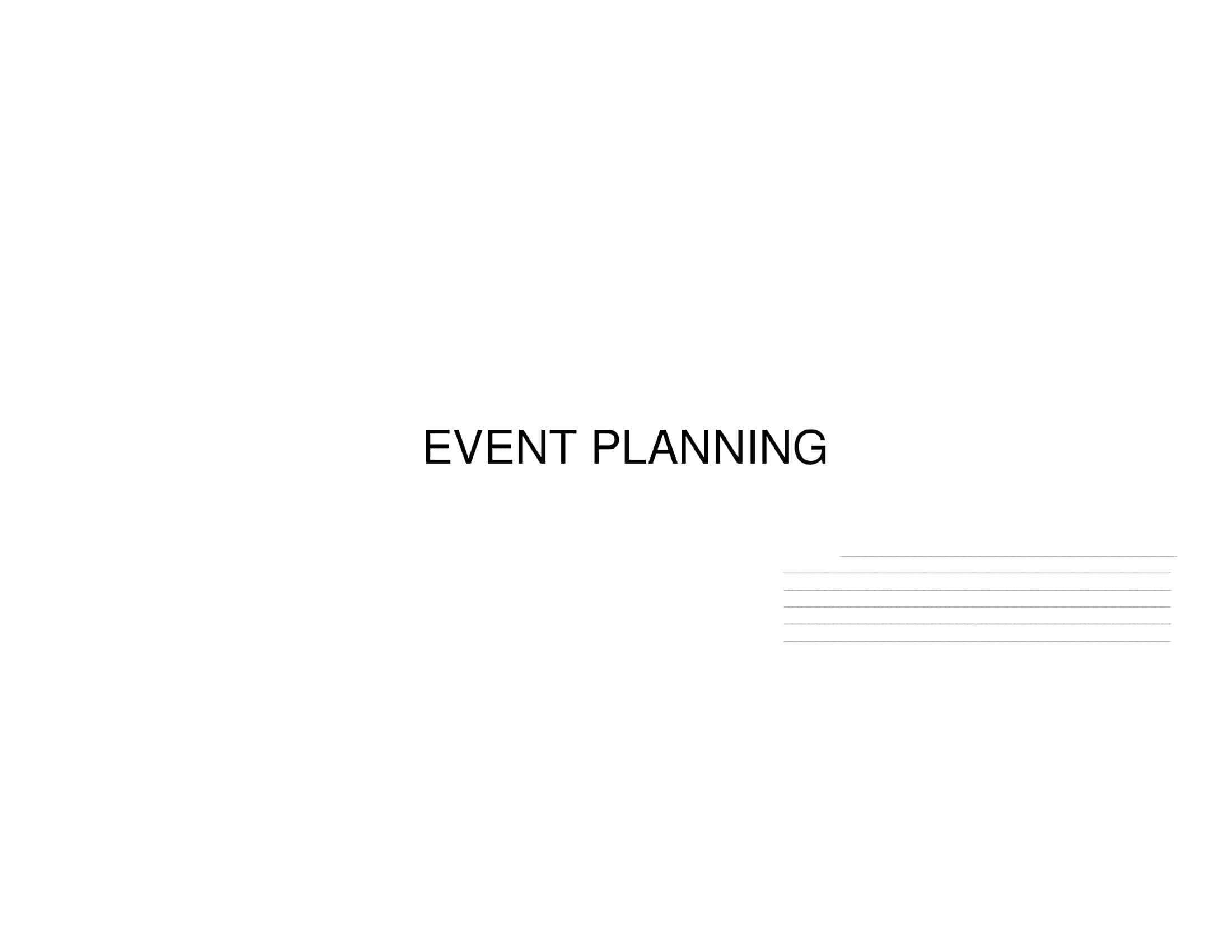
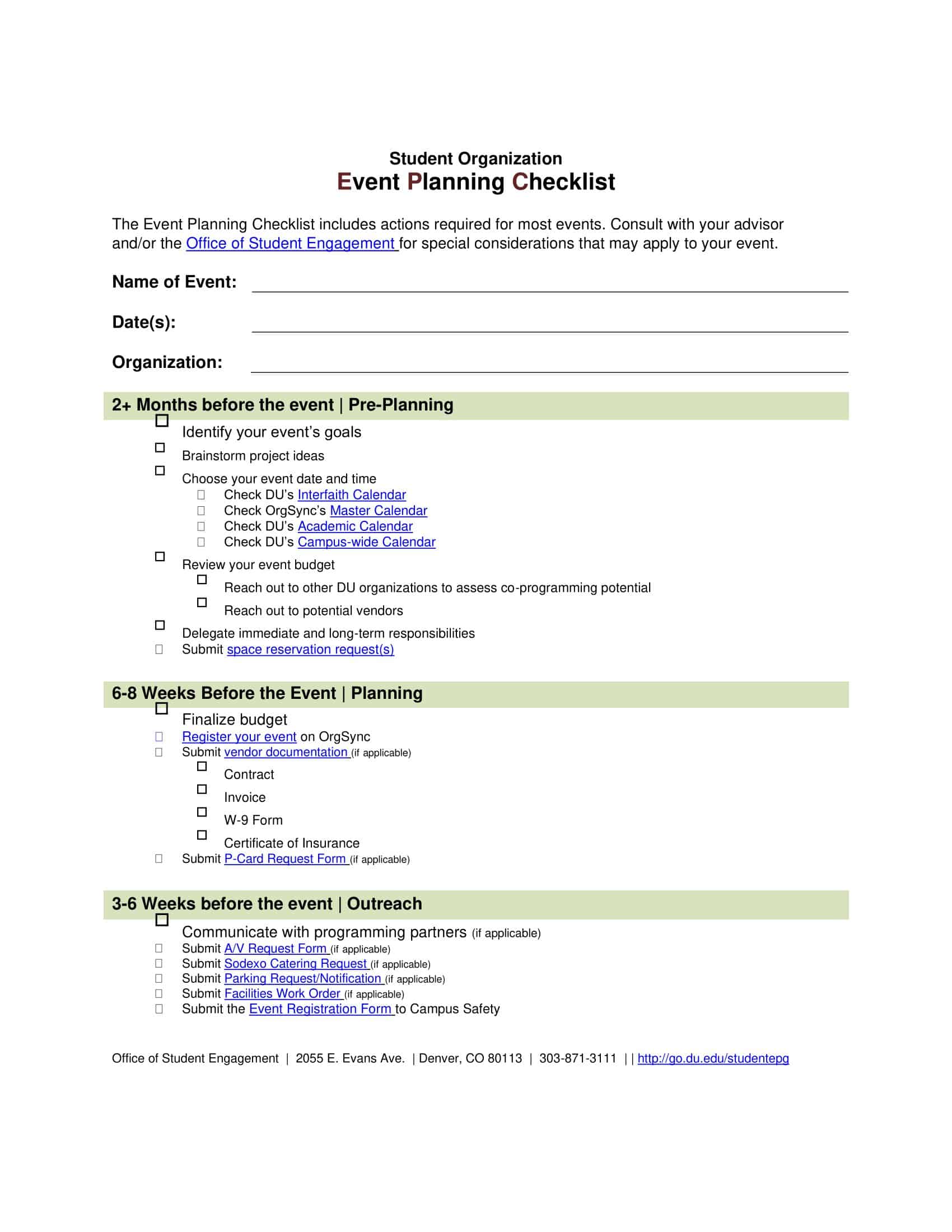
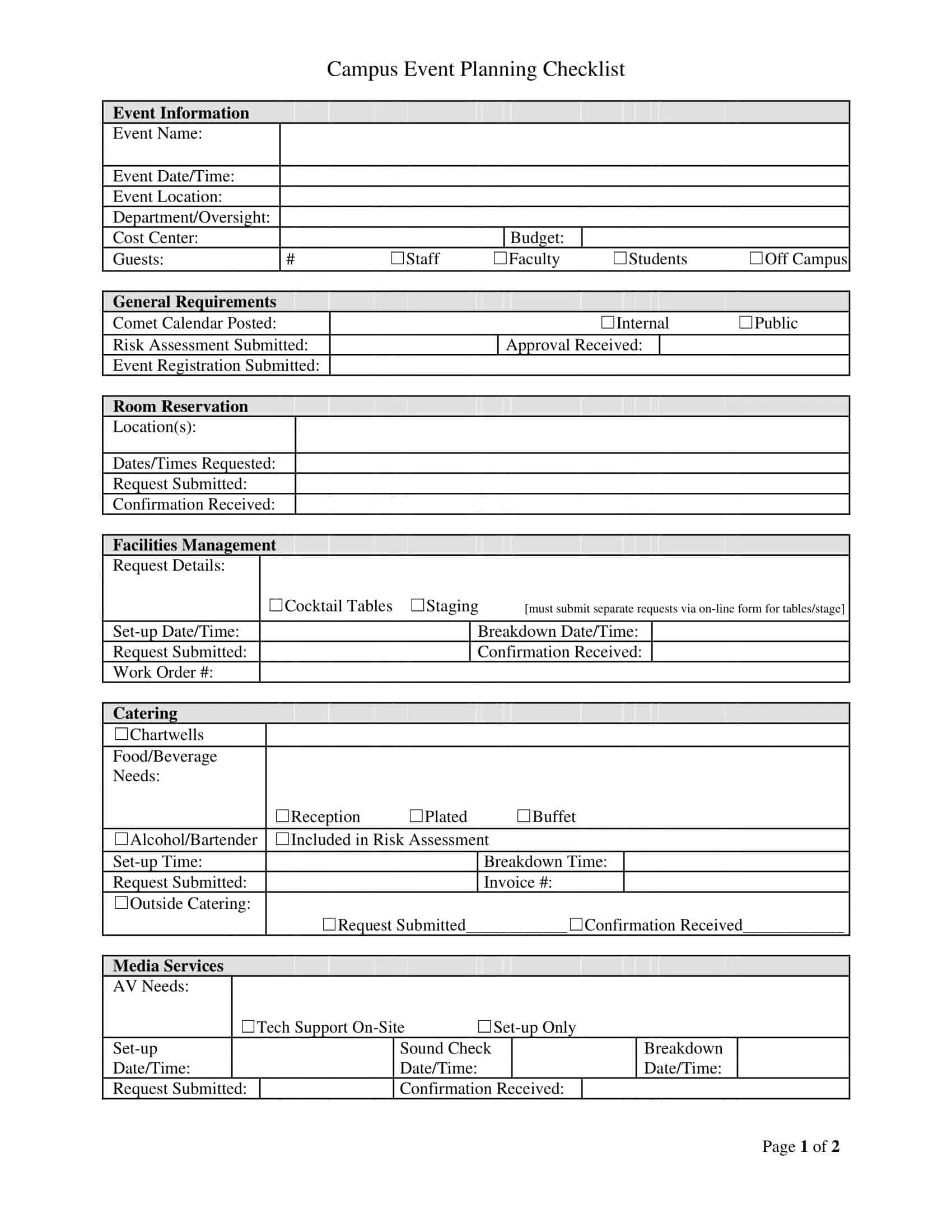
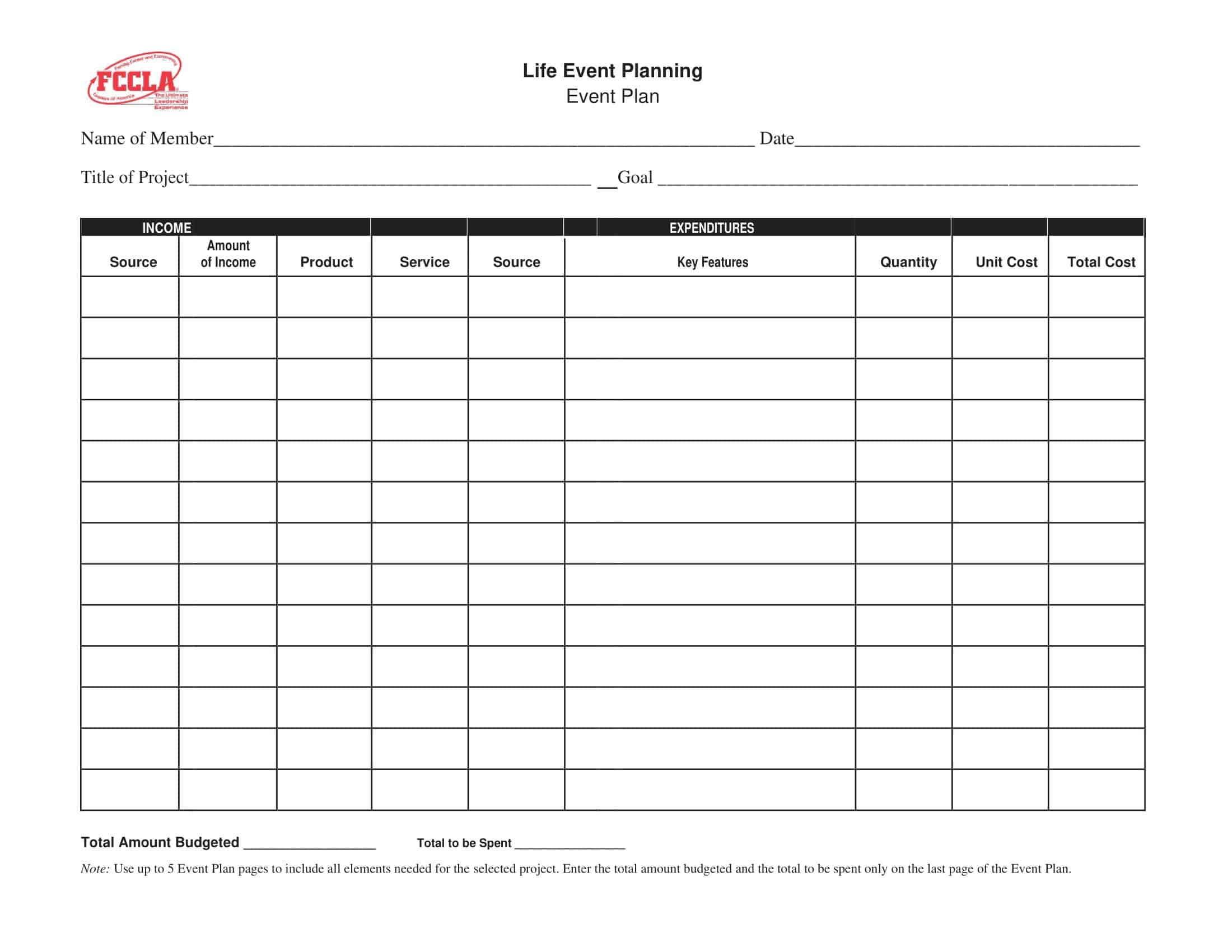
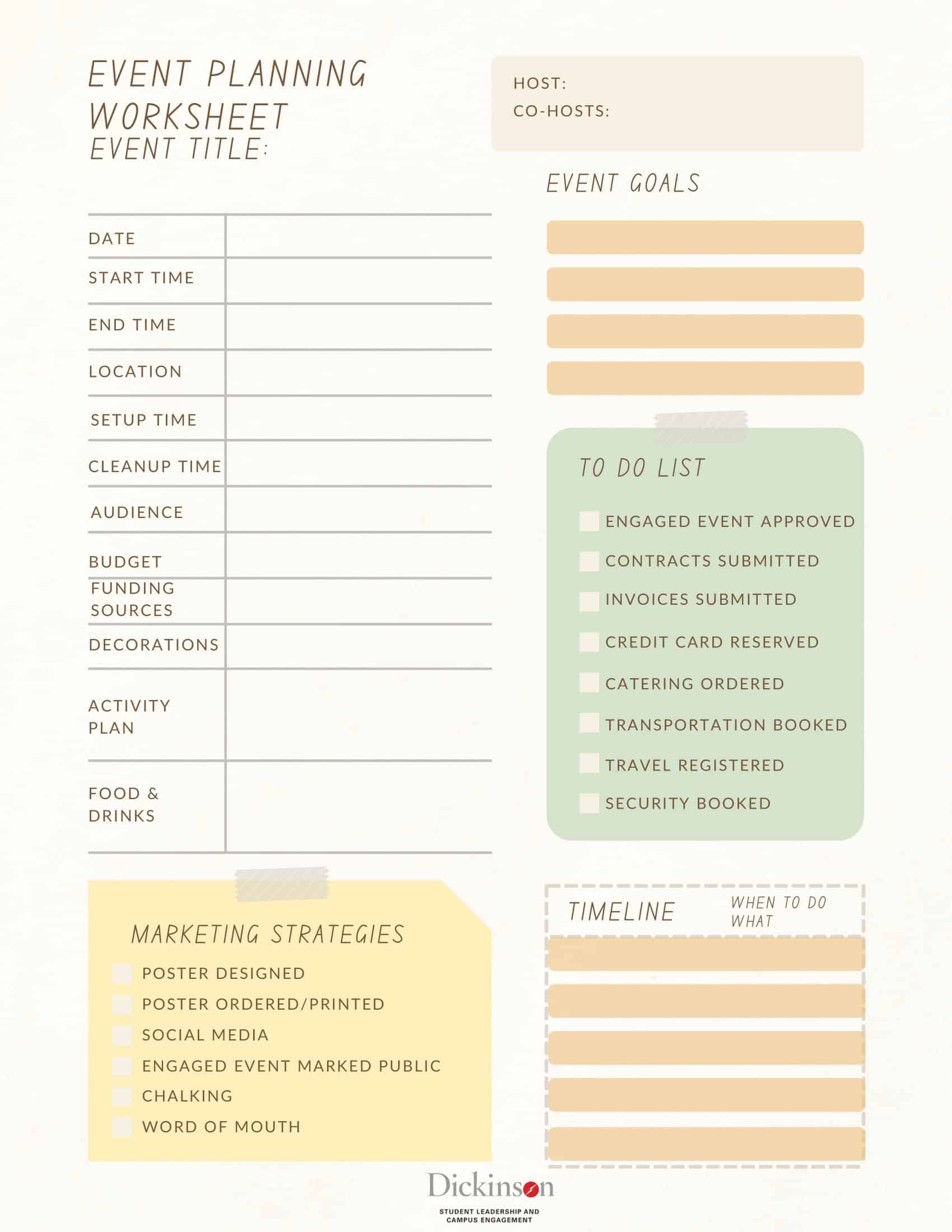



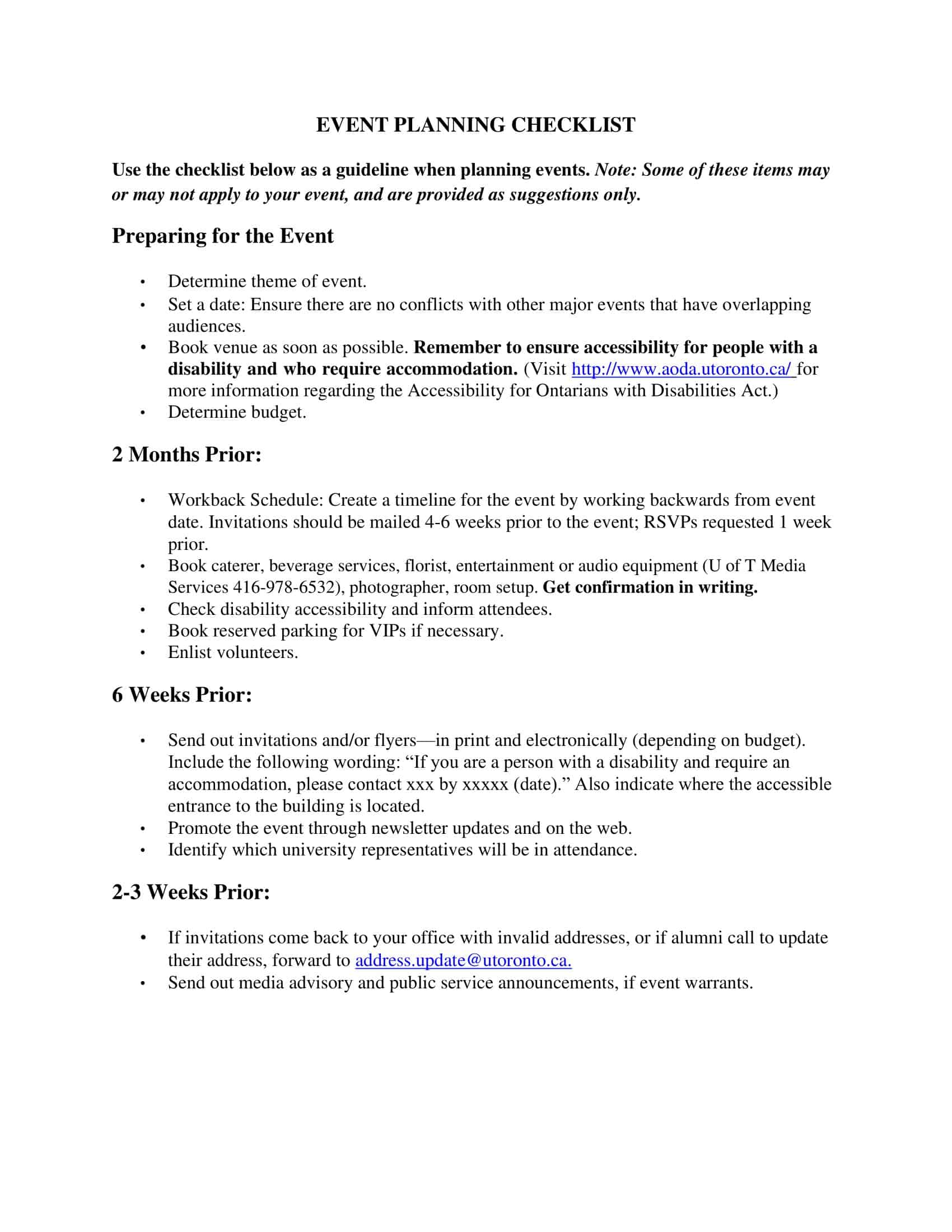

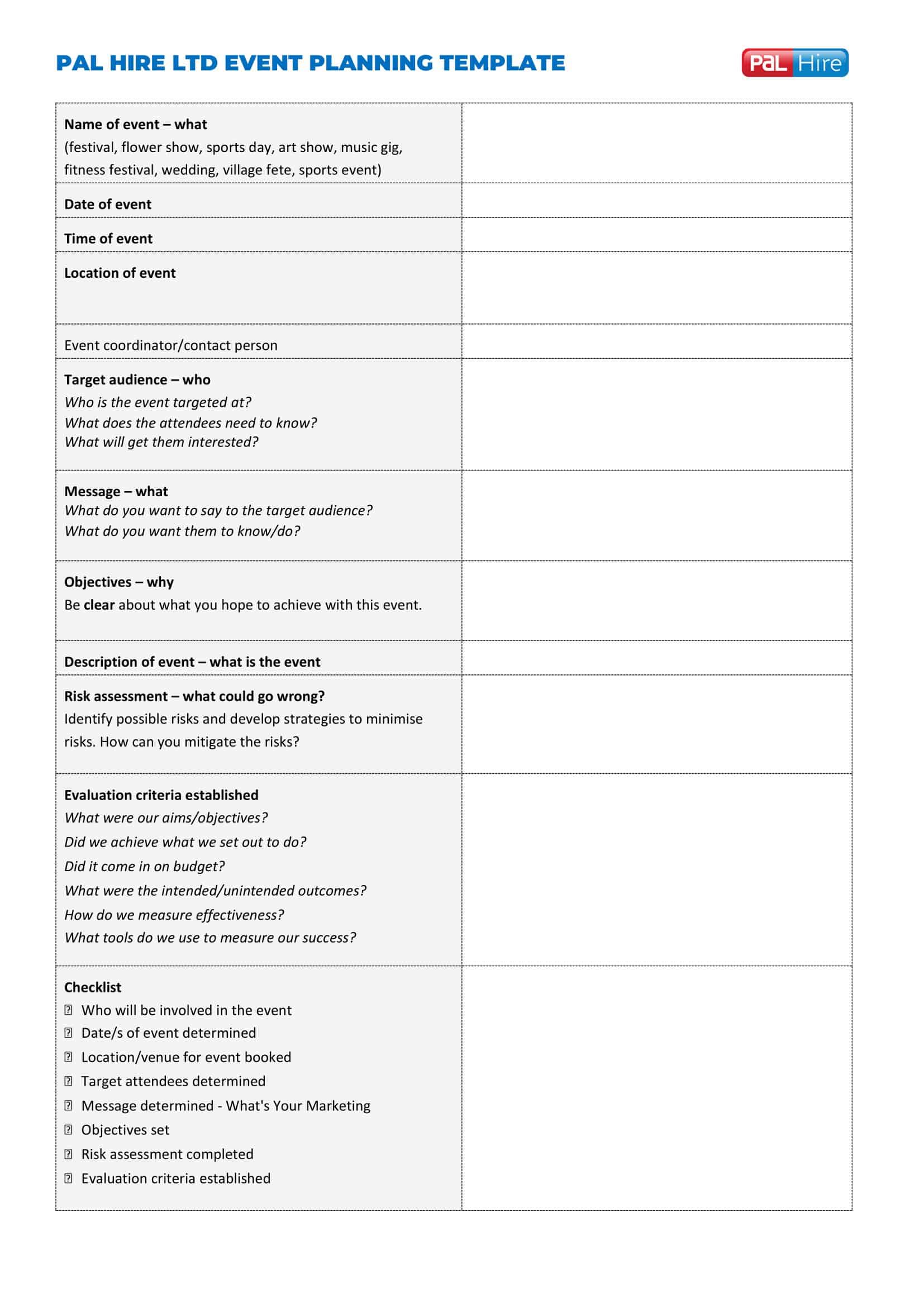
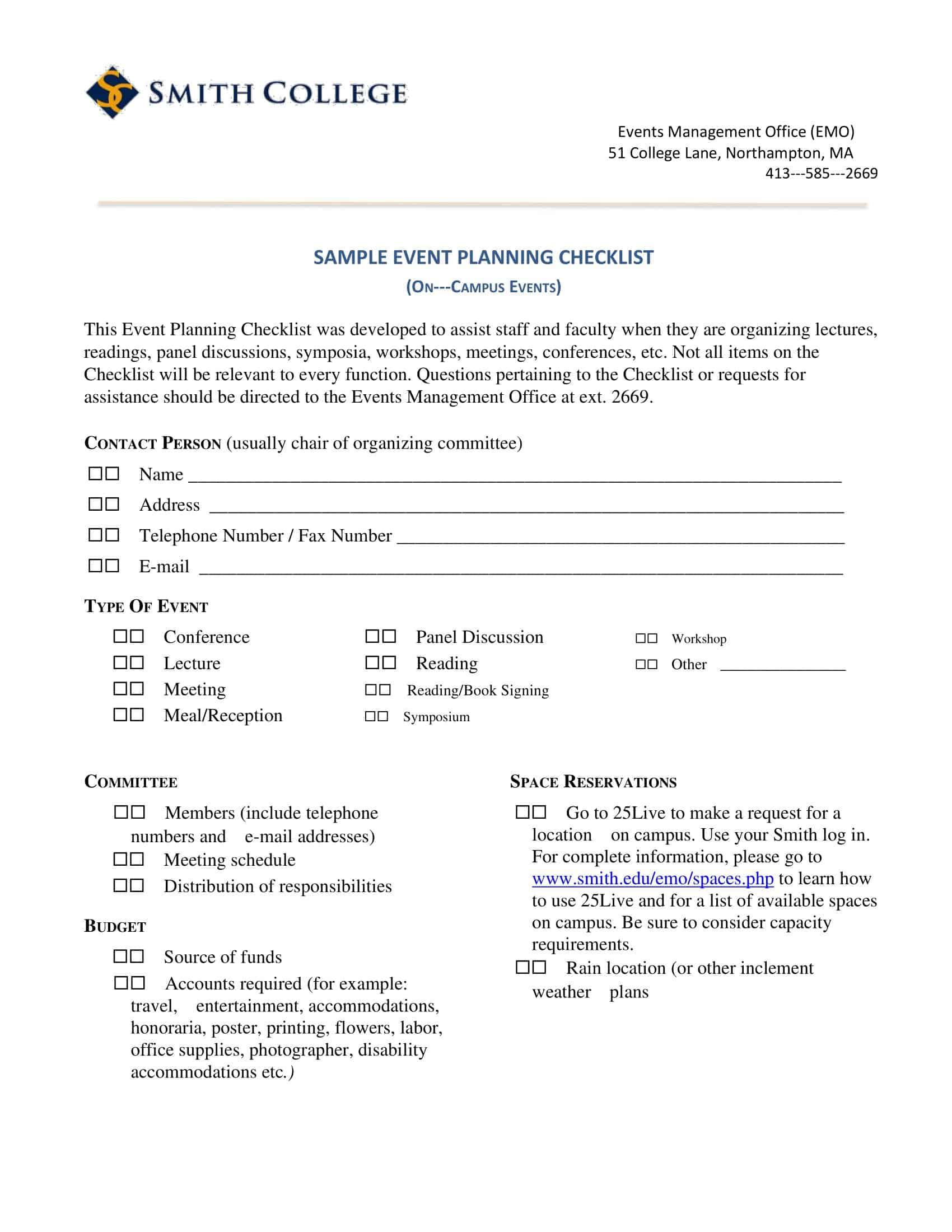
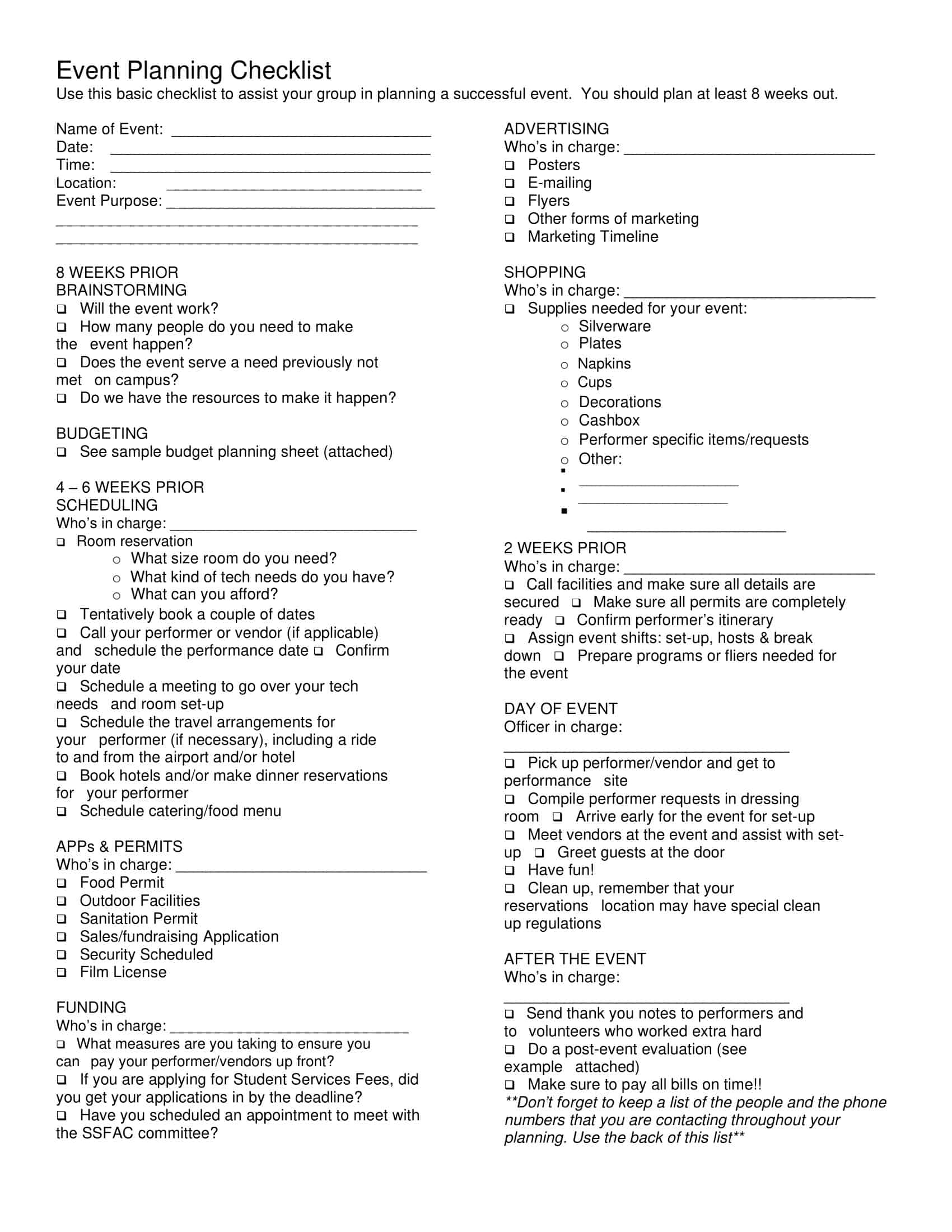
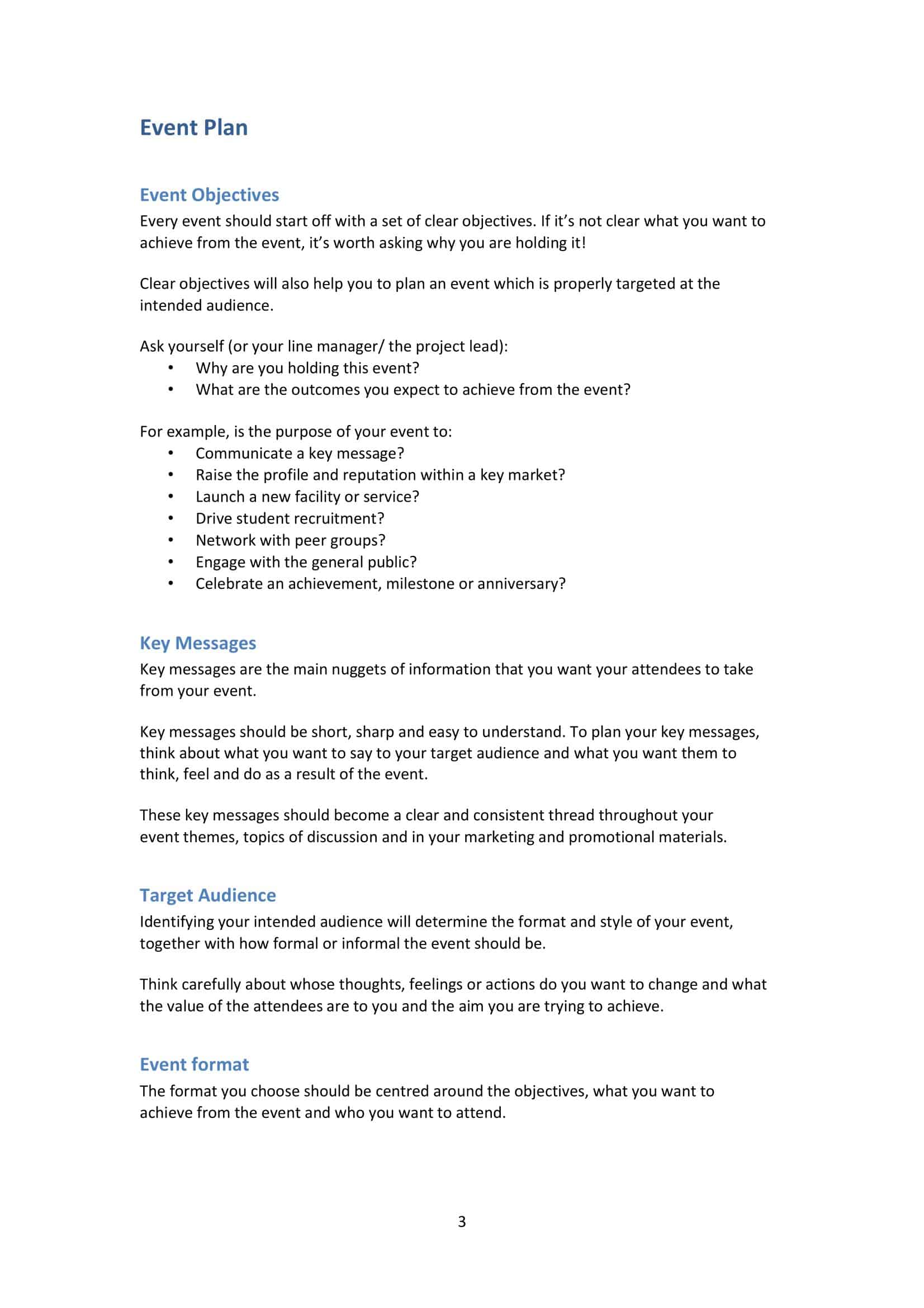
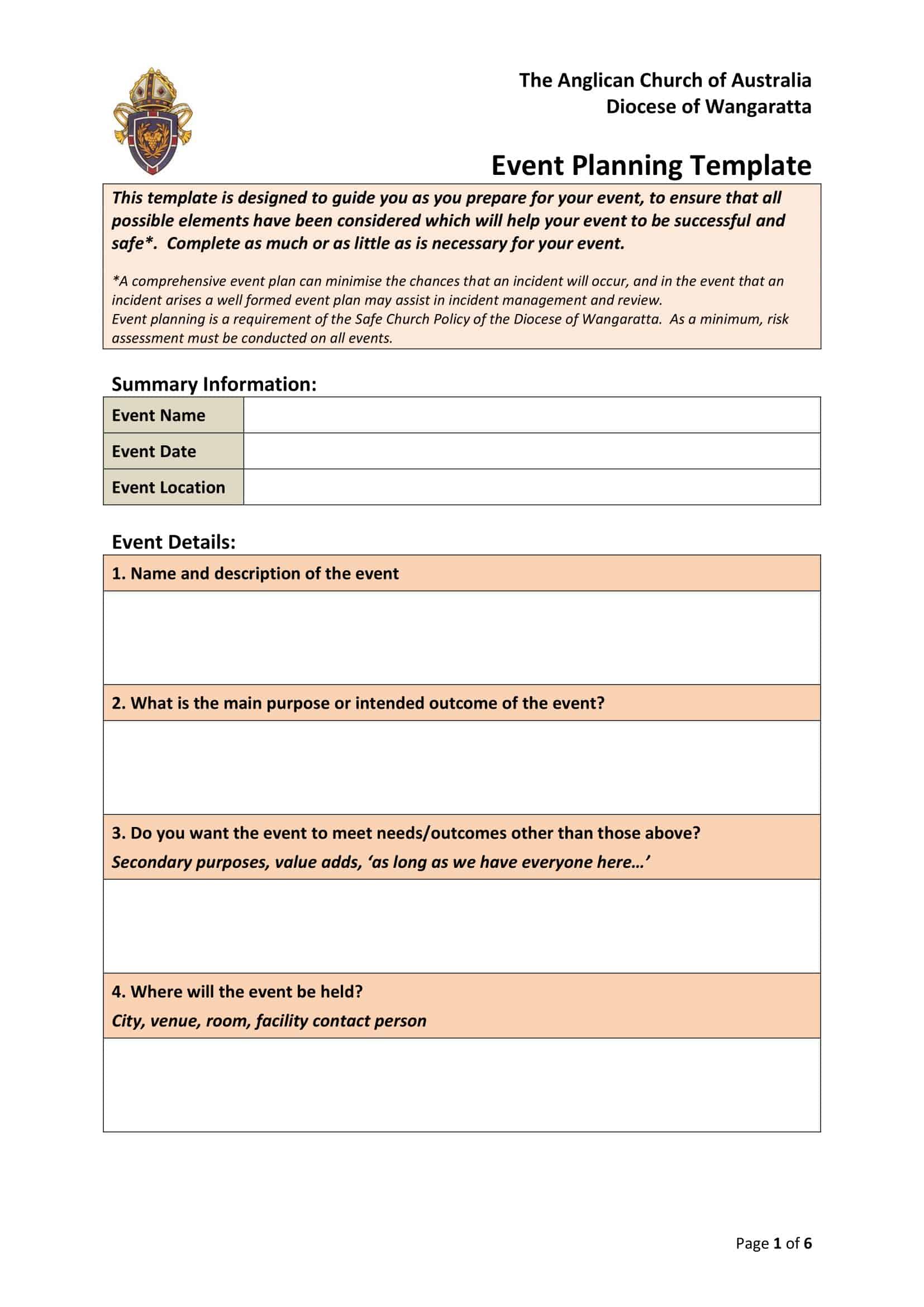

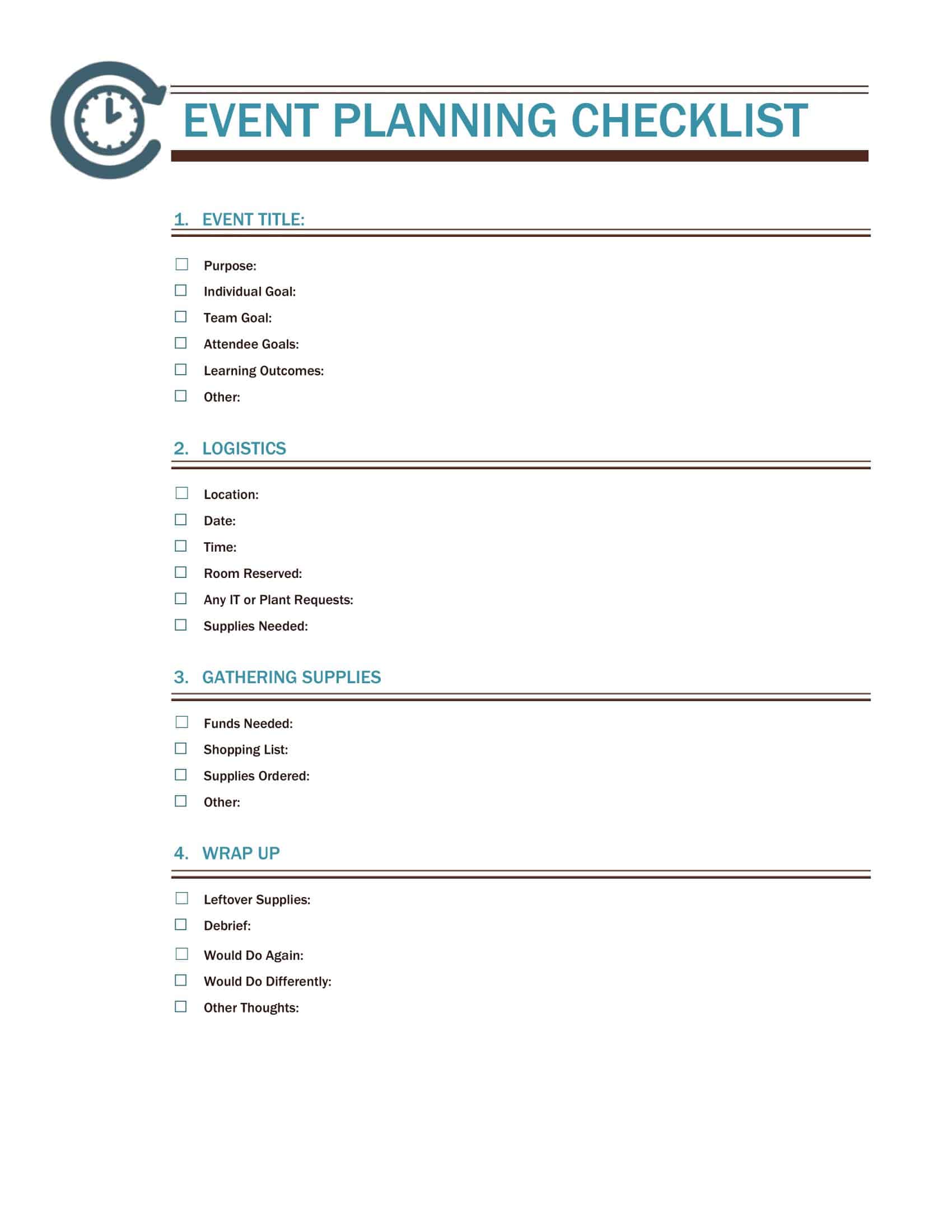
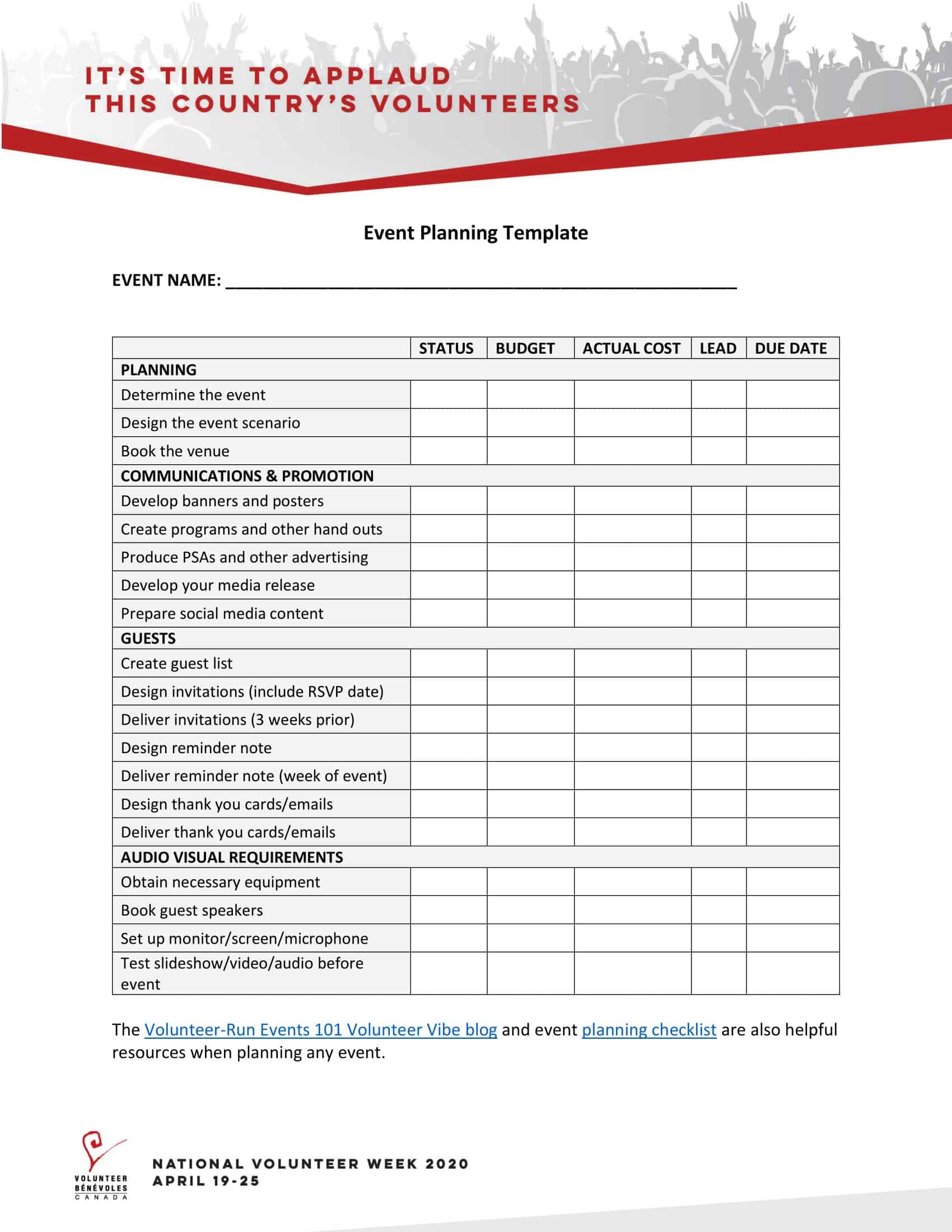
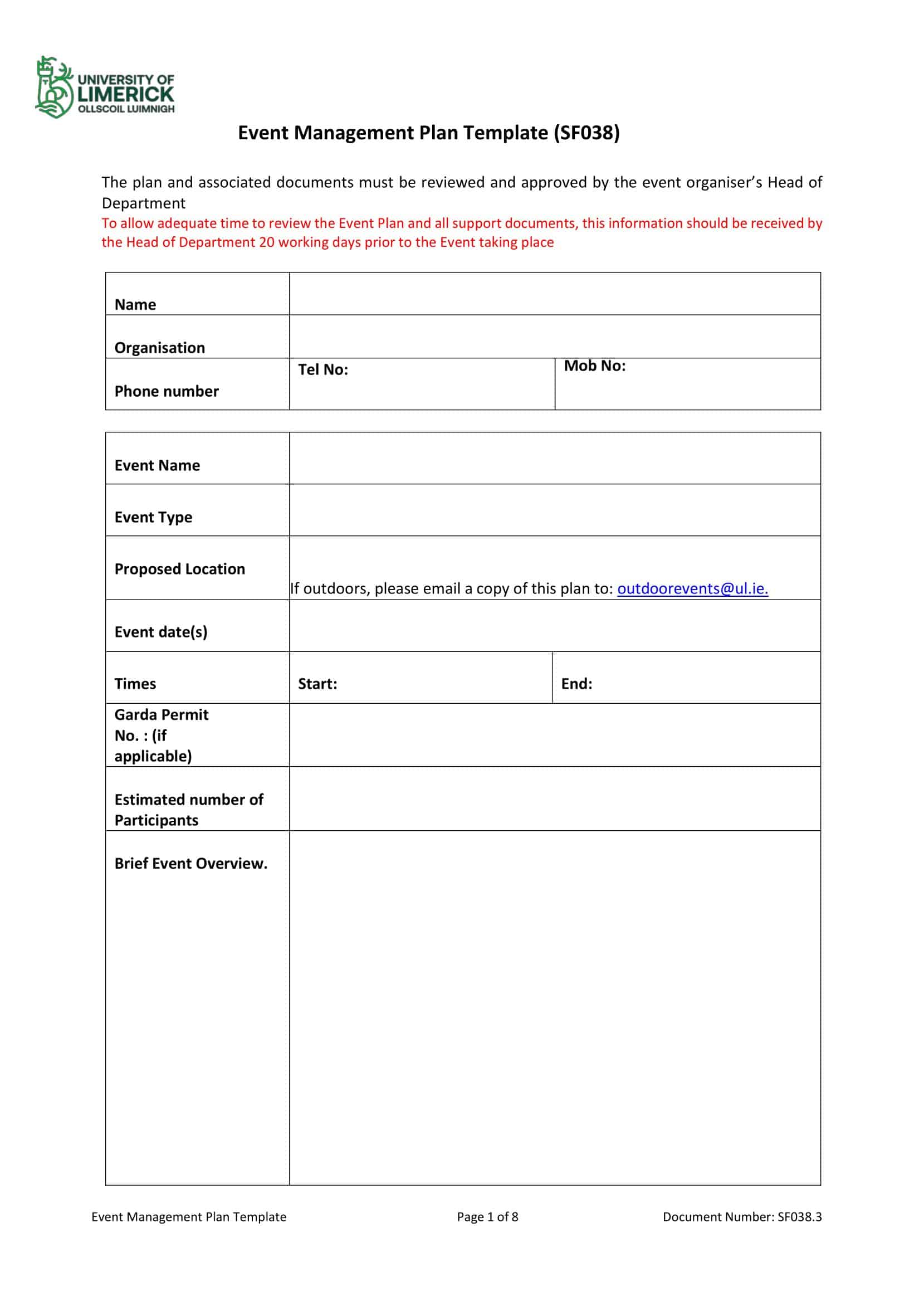
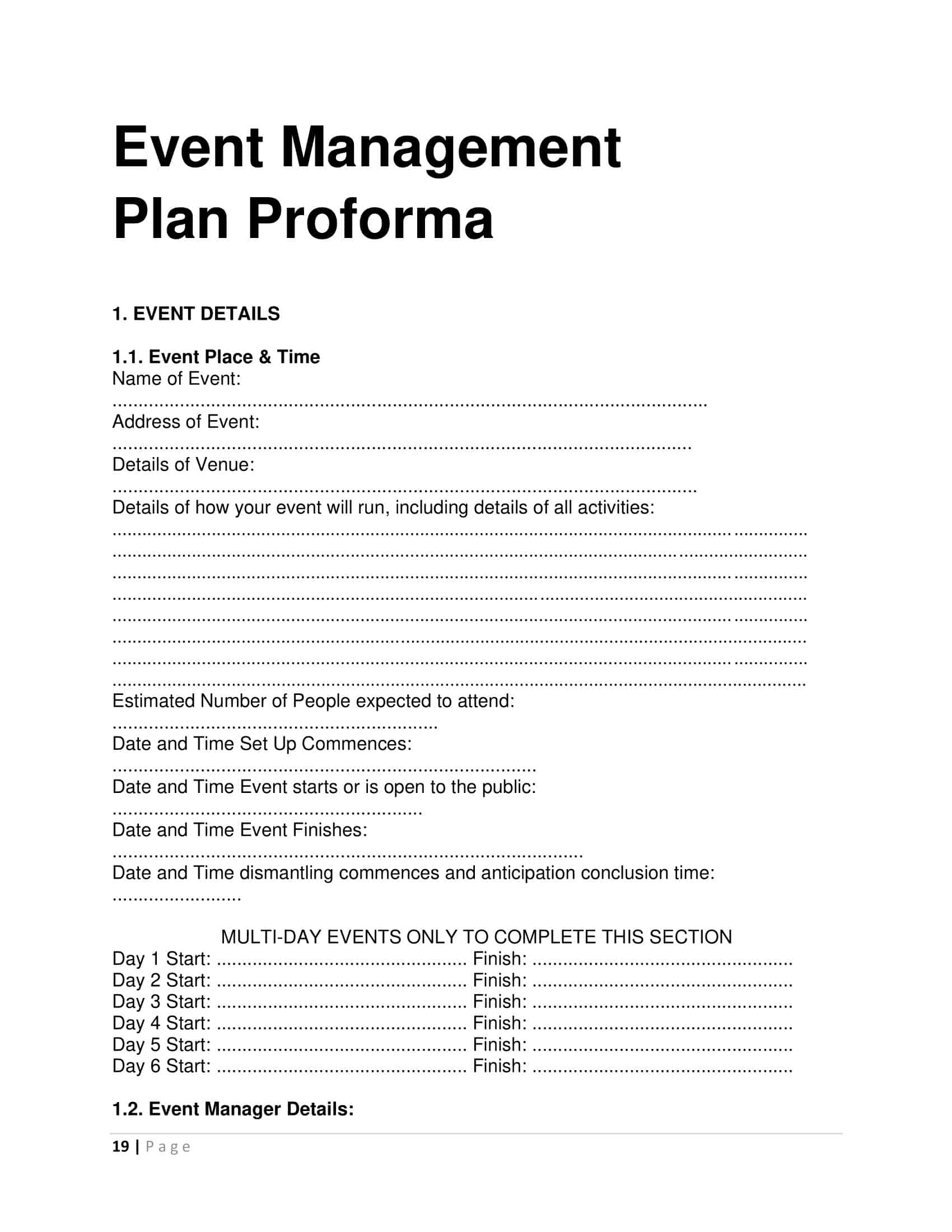
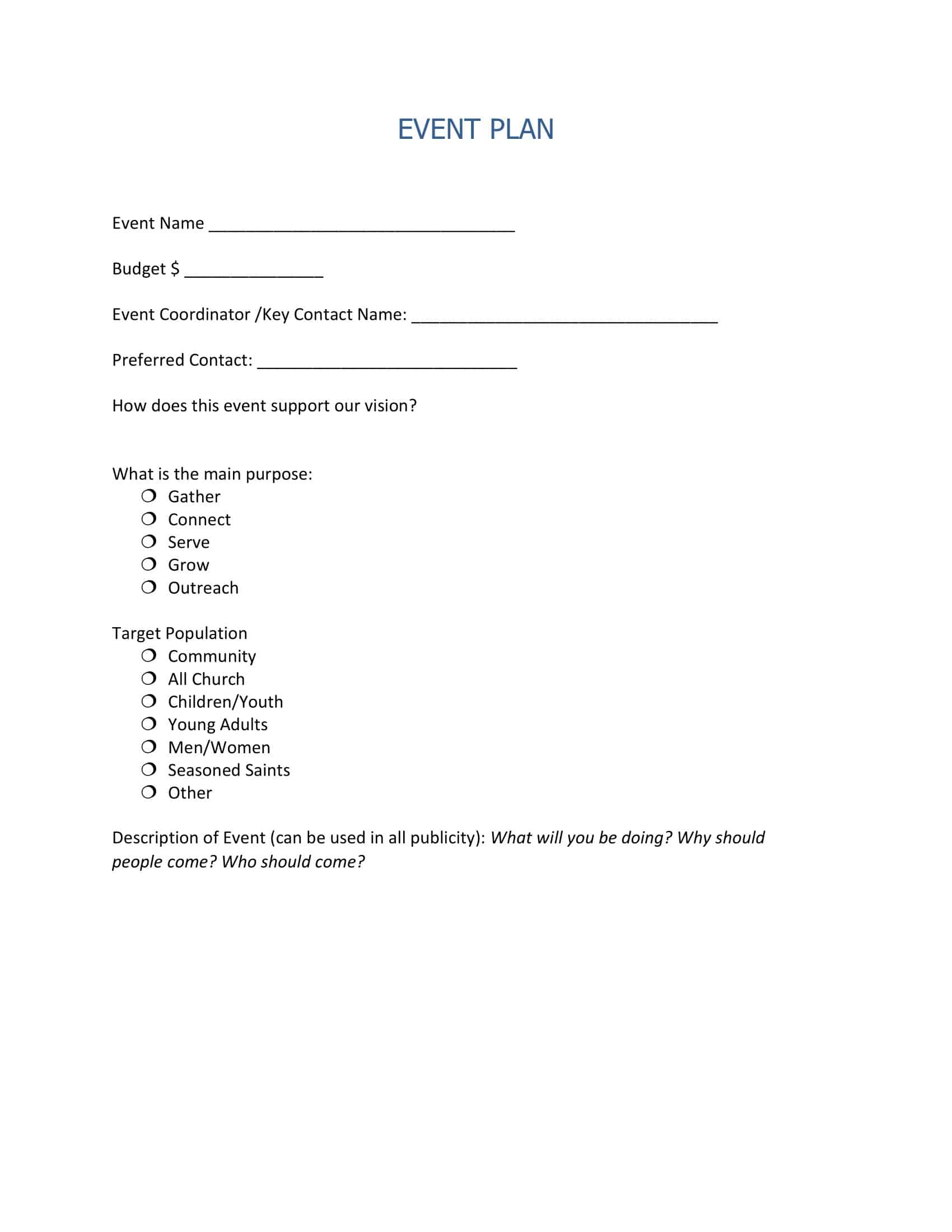
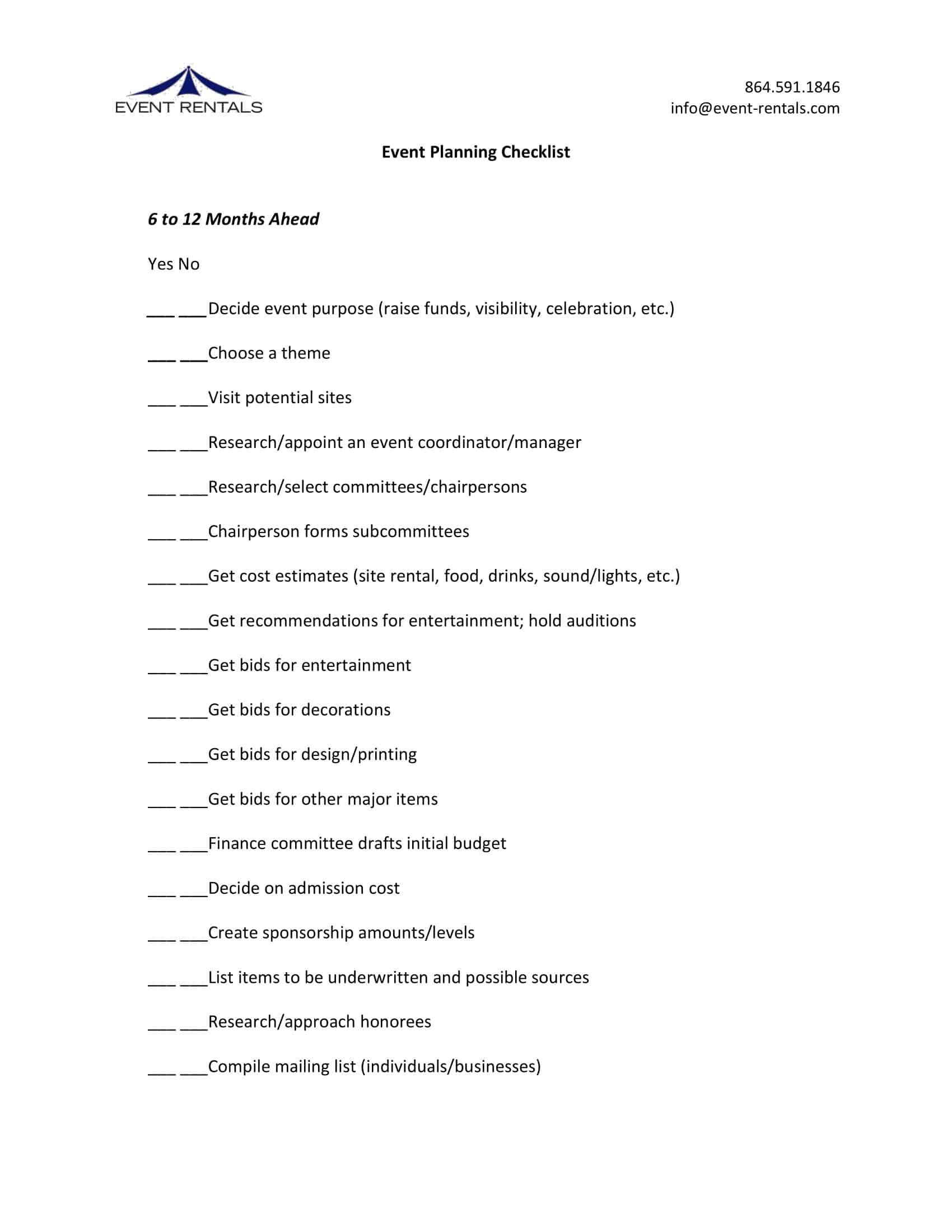
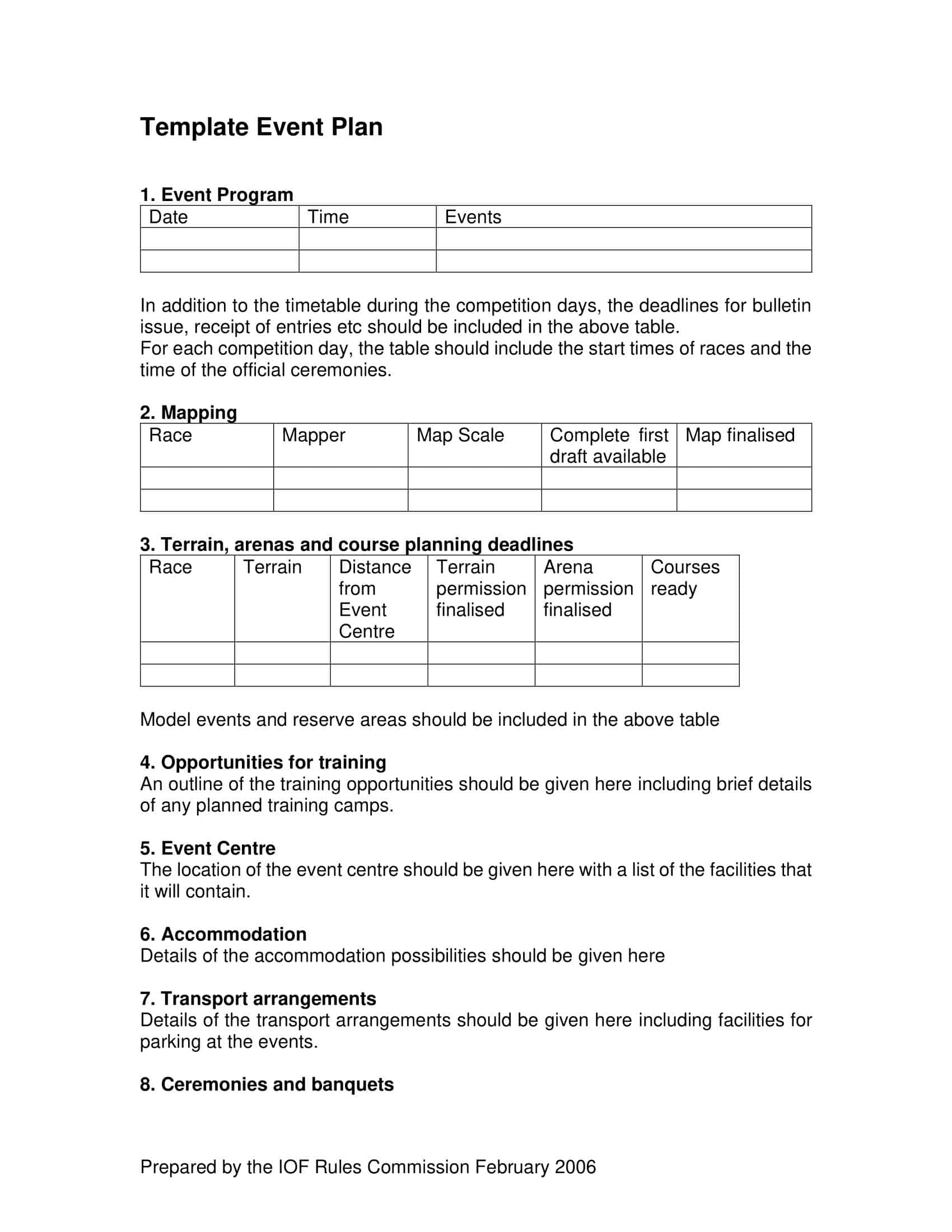
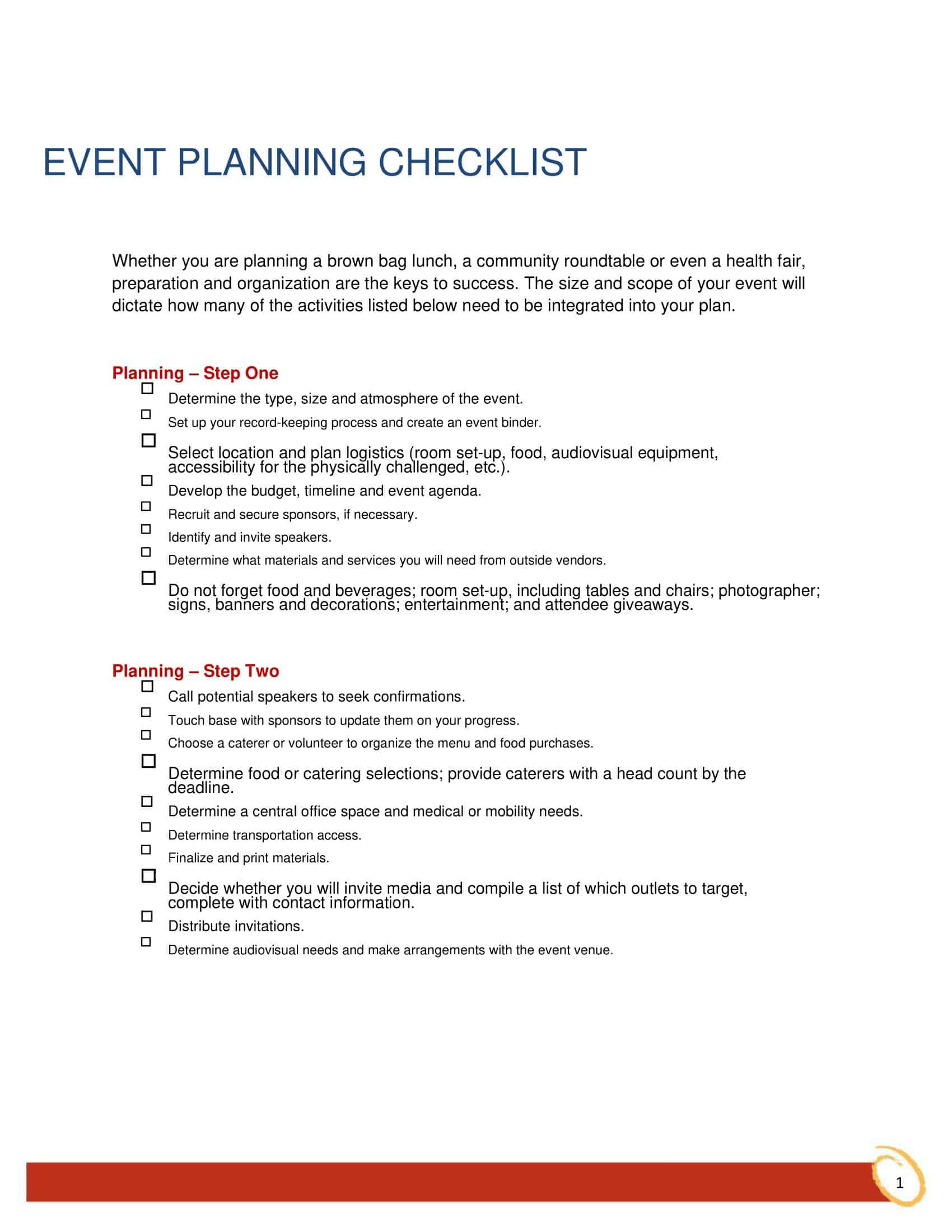
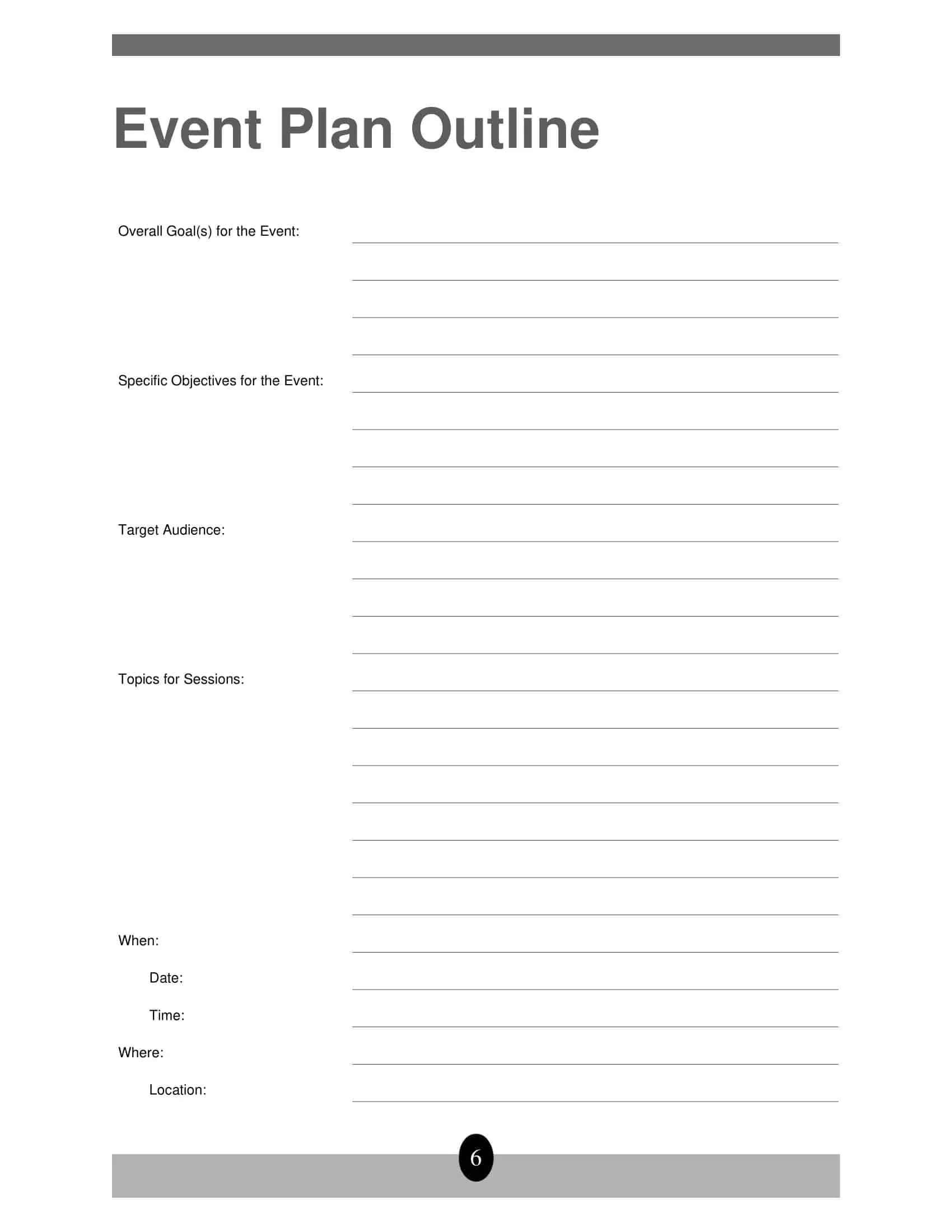
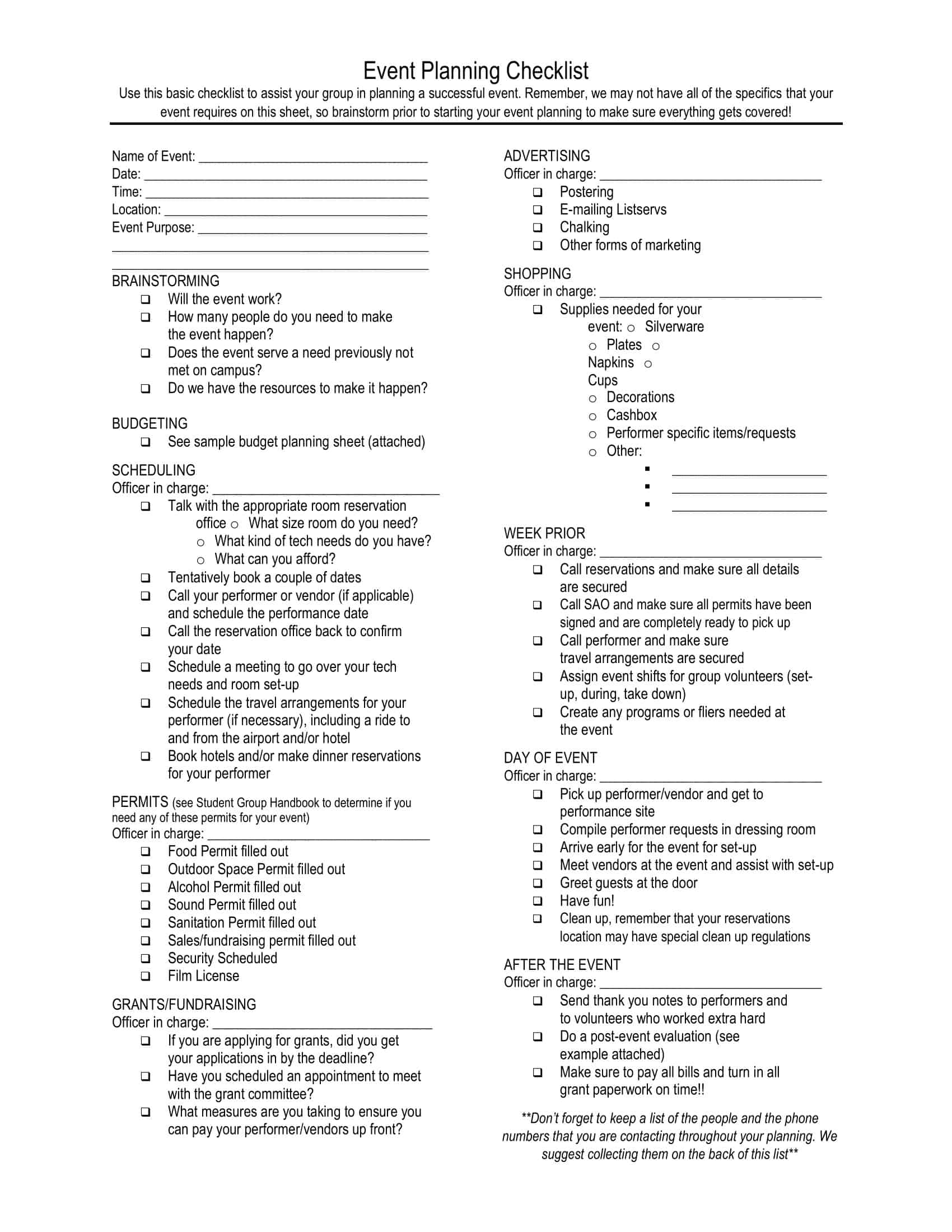
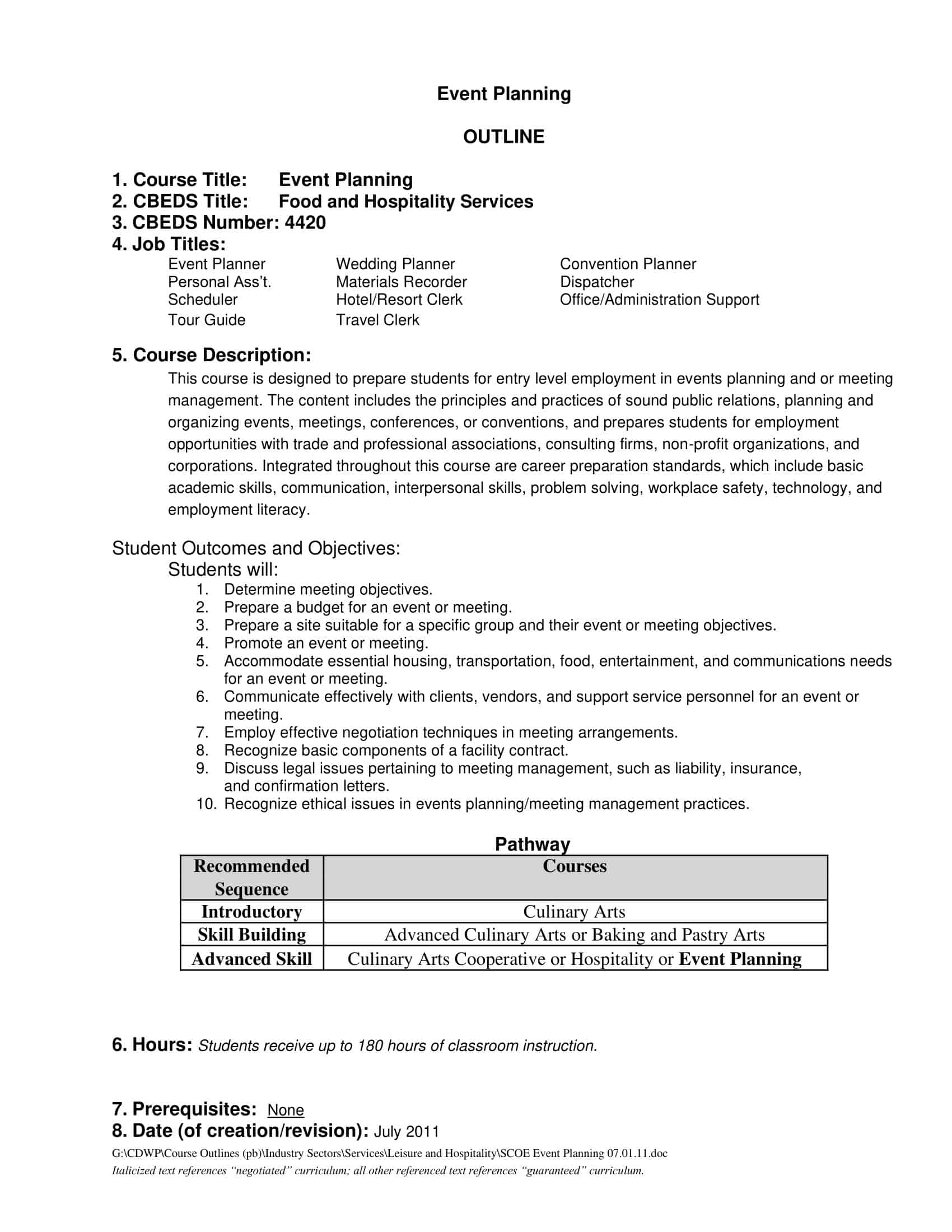
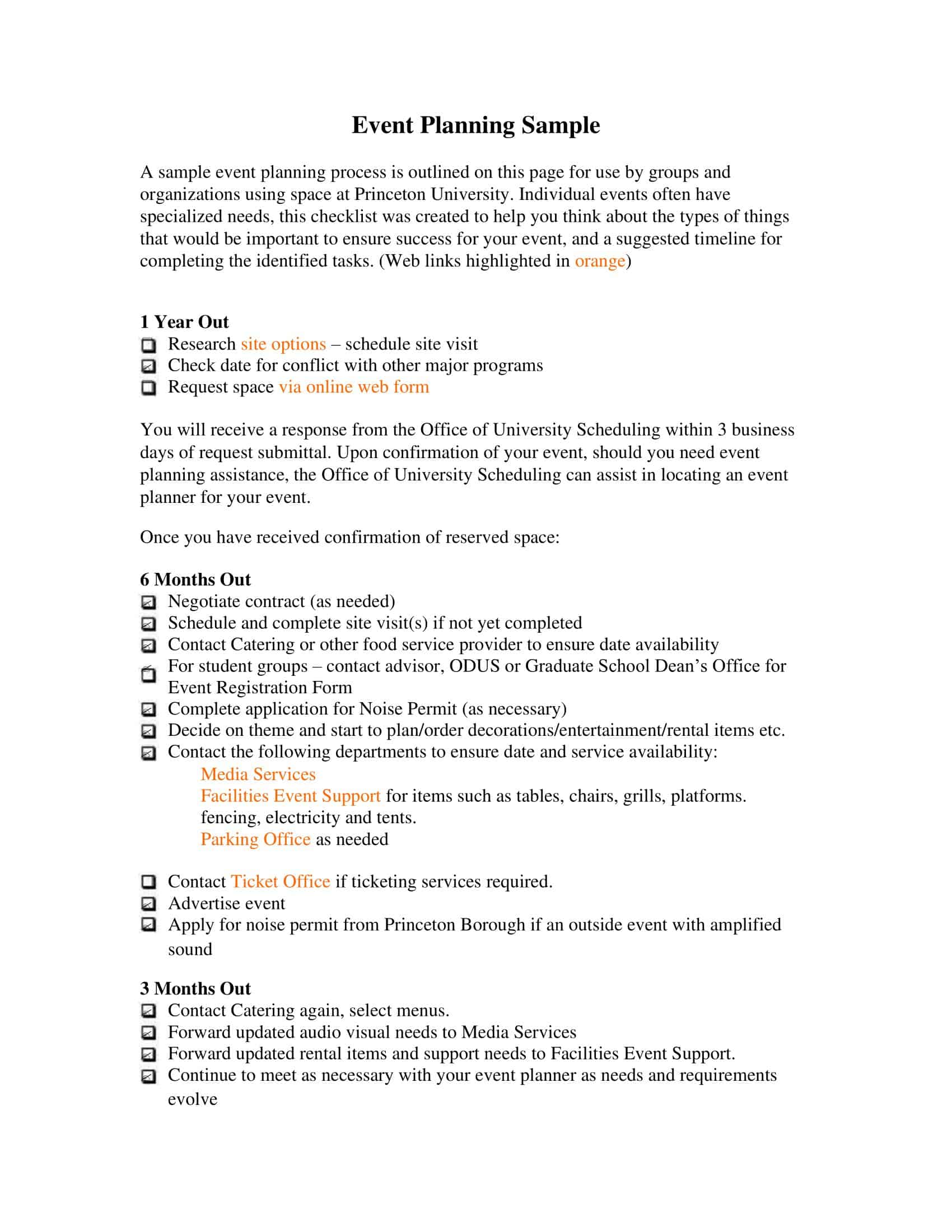
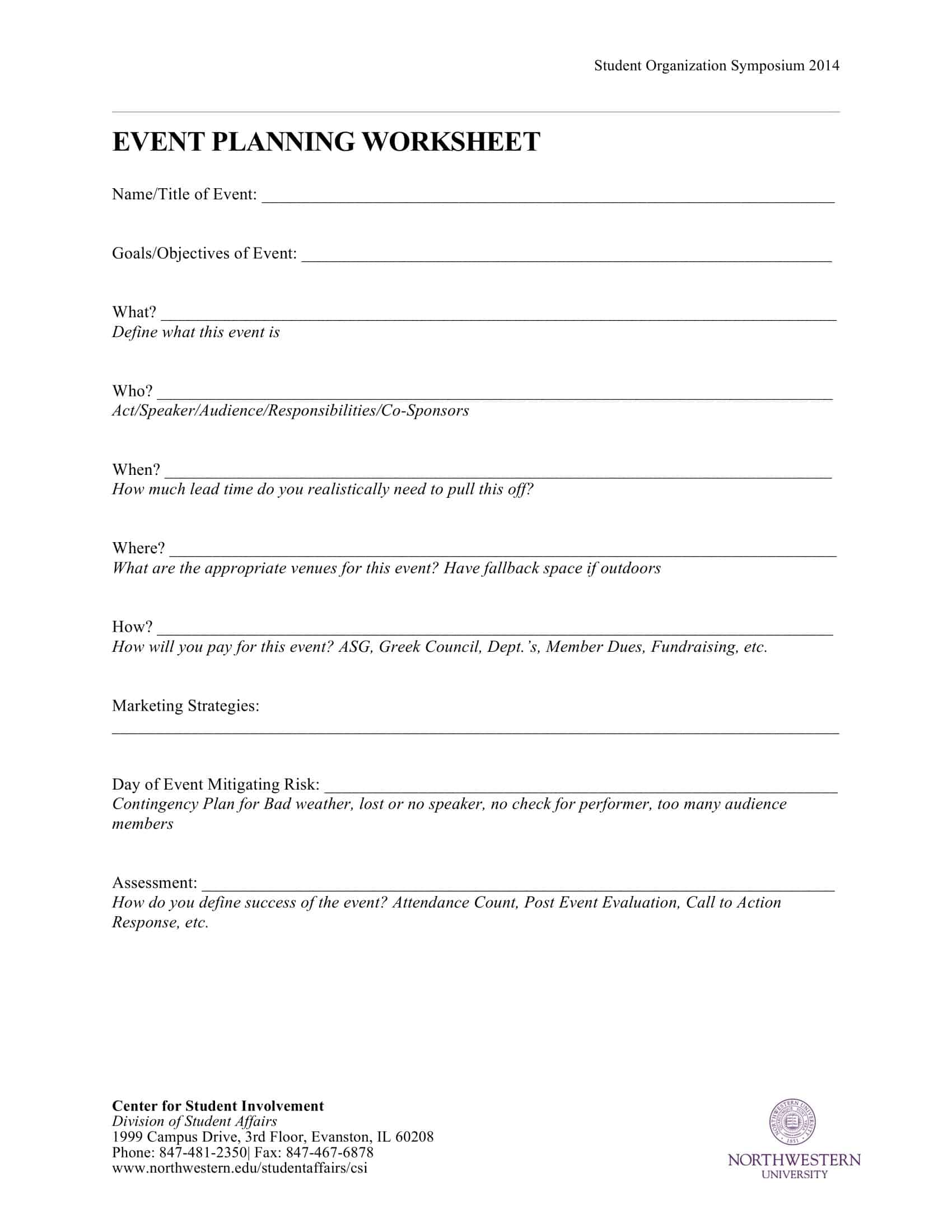
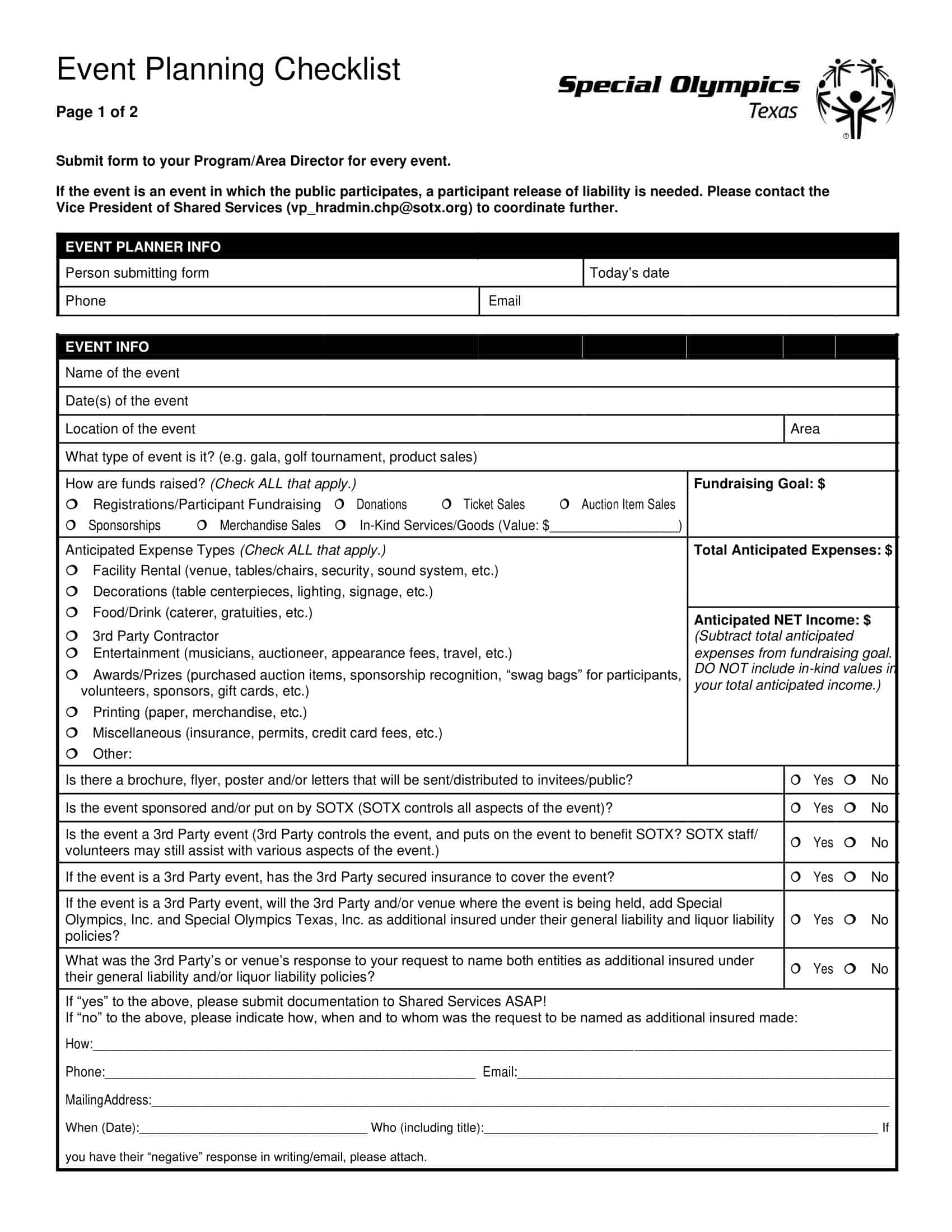

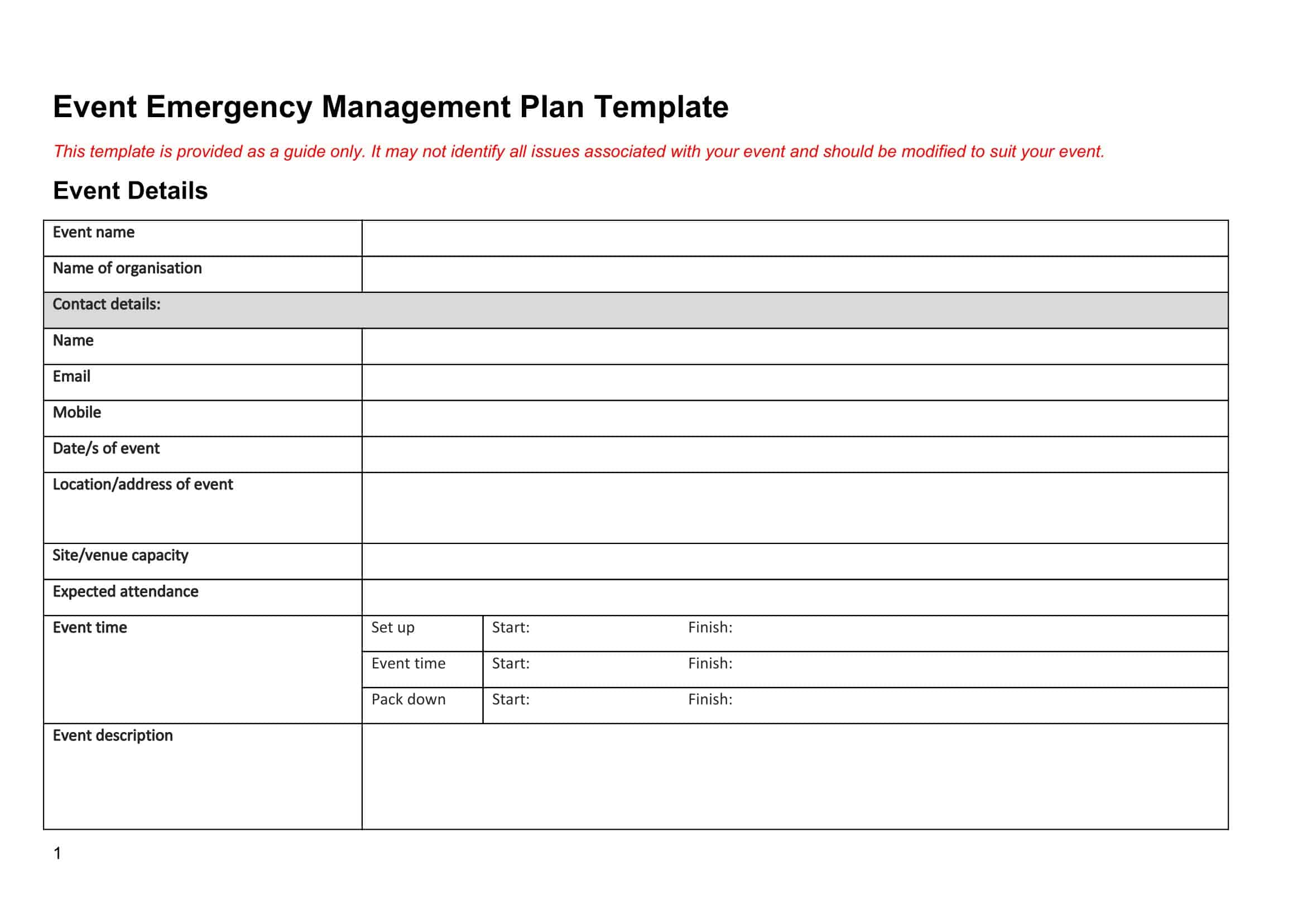

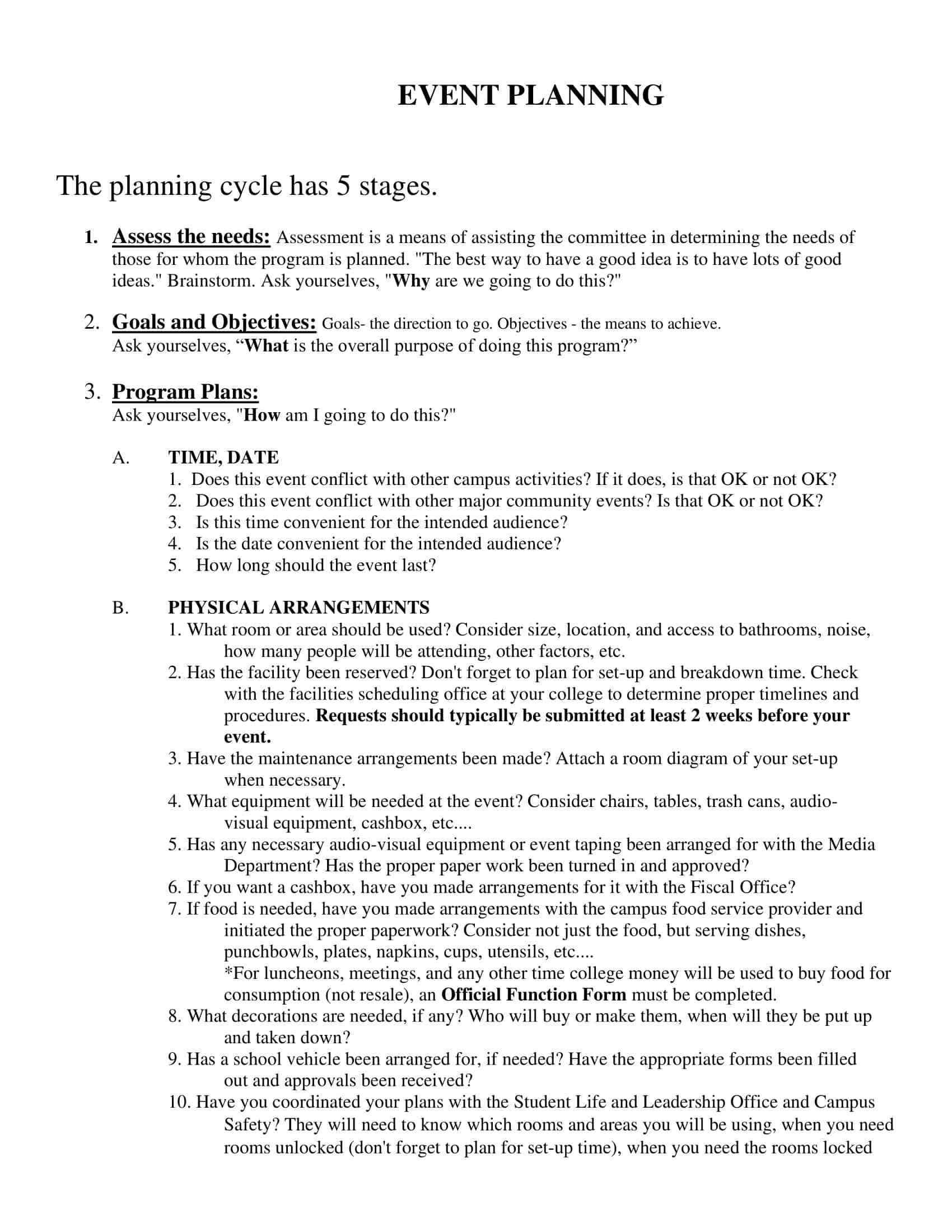
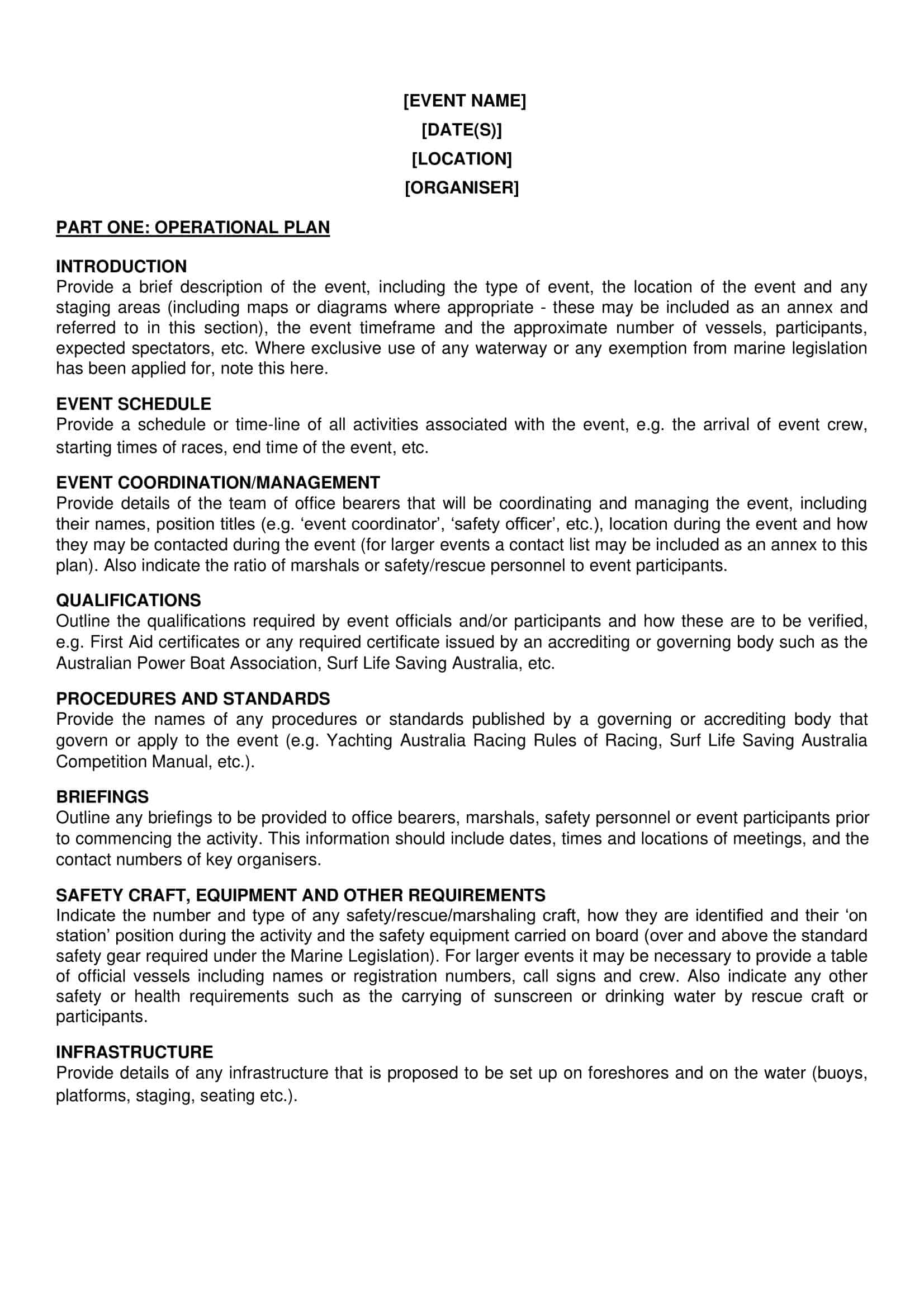
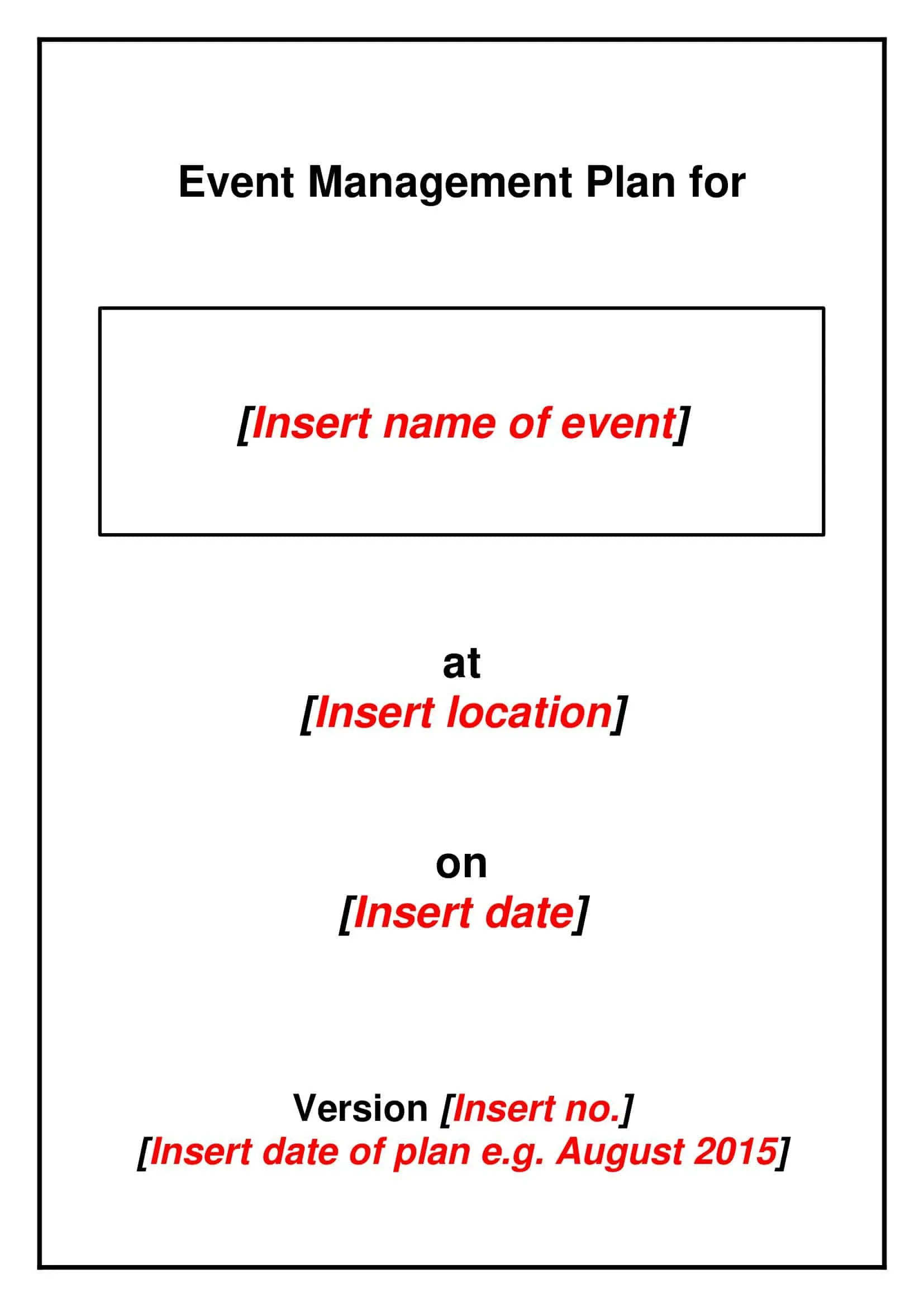
![Free Printable Roommate Agreement Templates [Word, PDF] 1 Roommate Agreement](https://www.typecalendar.com/wp-content/uploads/2023/06/Roommate-Agreement-150x150.jpg)
![Free Printable Credit Card Authorization Form Templates [PDF, Word, Excel] 2 Credit Card Authorization Form](https://www.typecalendar.com/wp-content/uploads/2023/06/Credit-Card-Authorization-Form-150x150.jpg)
![Free Printable Stock Ledger Templates [Excel,PDF, Word] 3 Stock Ledger](https://www.typecalendar.com/wp-content/uploads/2023/08/Stock-Ledger-150x150.jpg)
